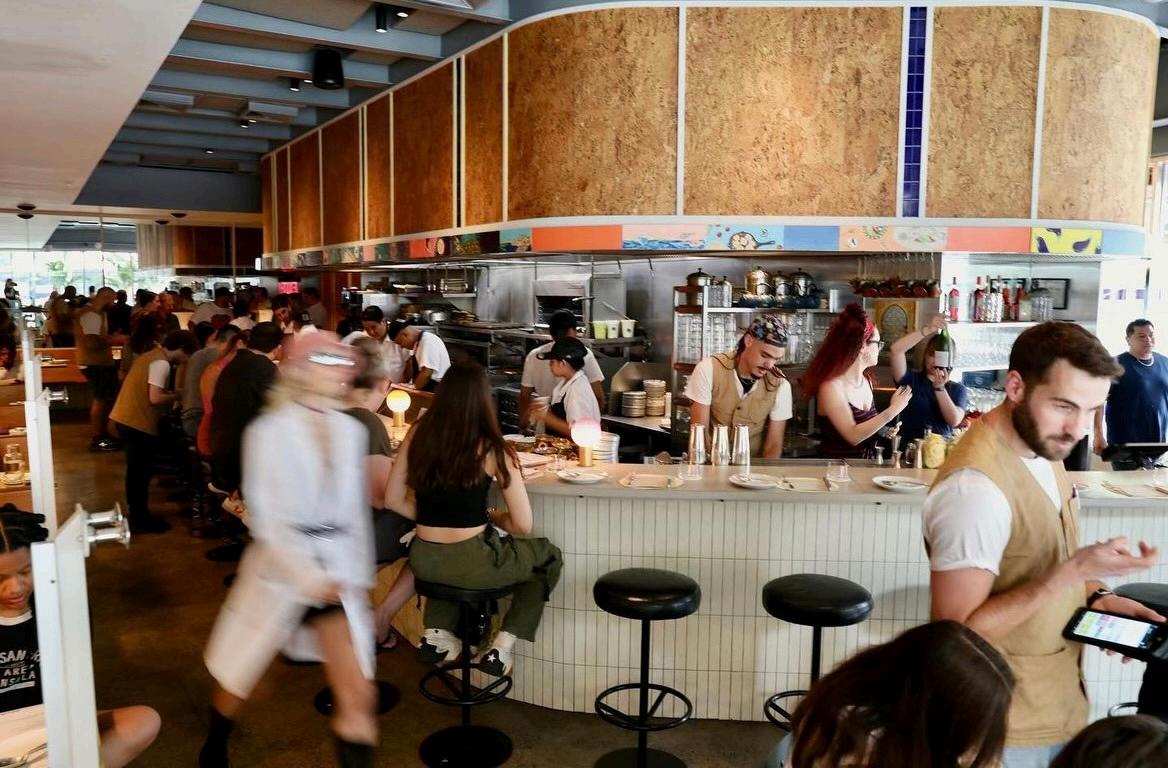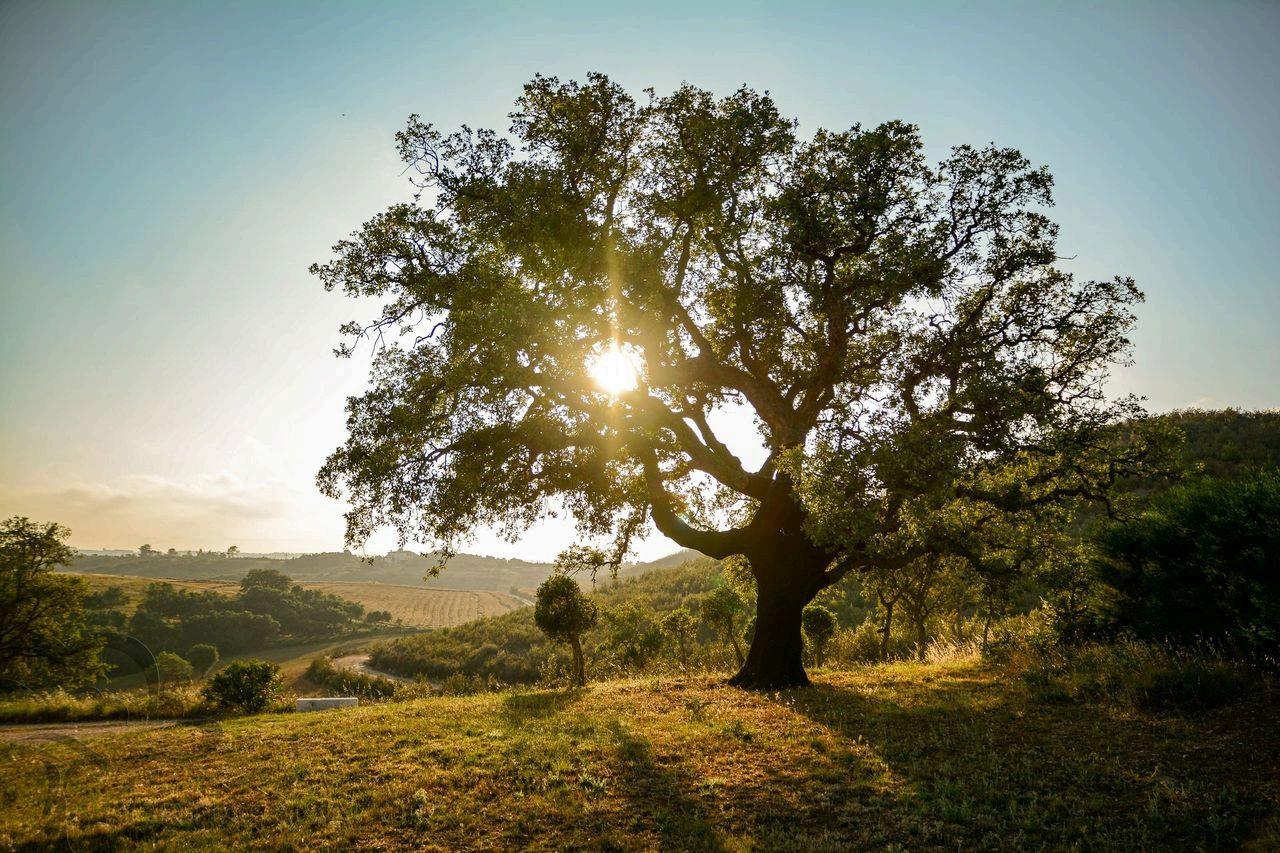“Is this really cork?”





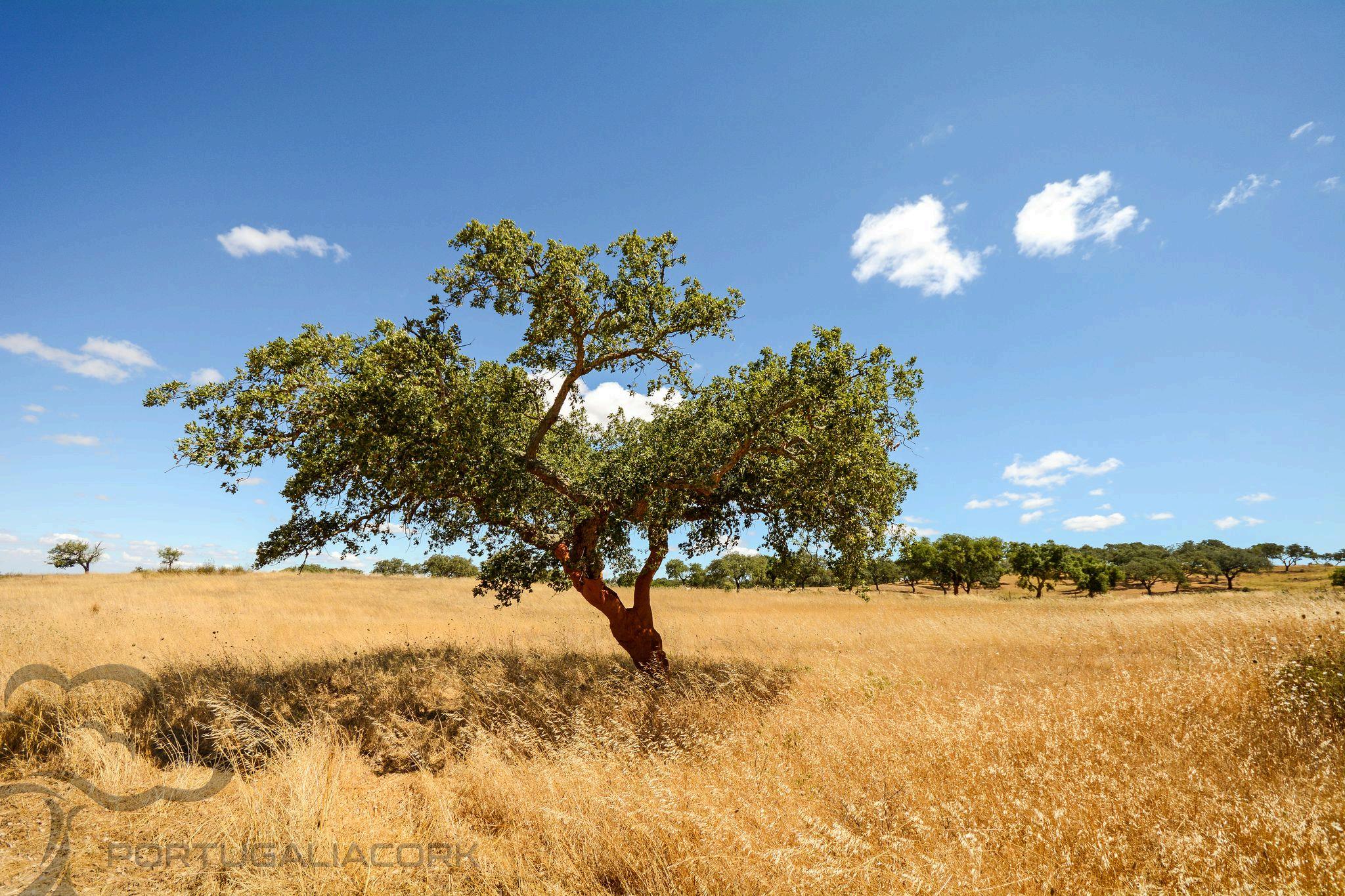

TECHNICAL SPECIFICATIONS
Testing and material data



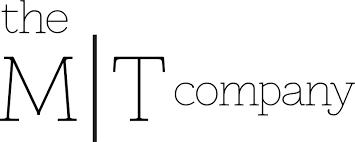
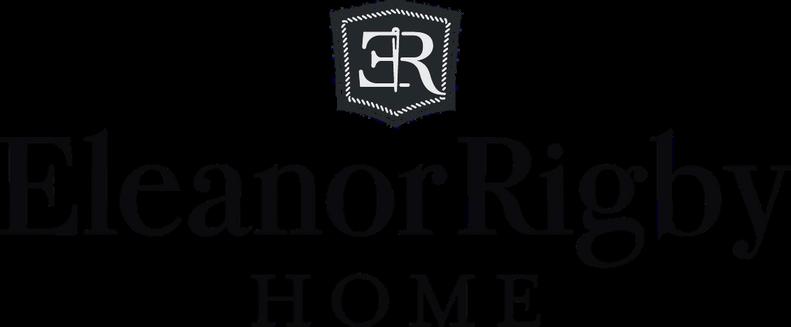

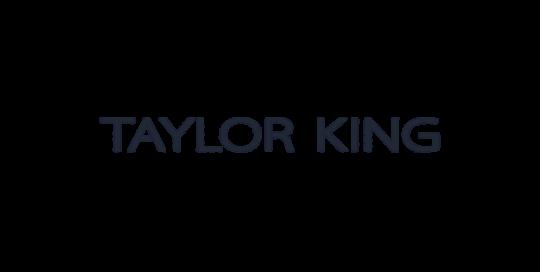
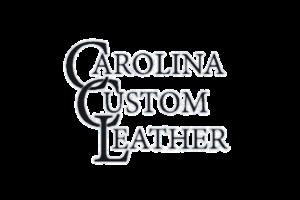

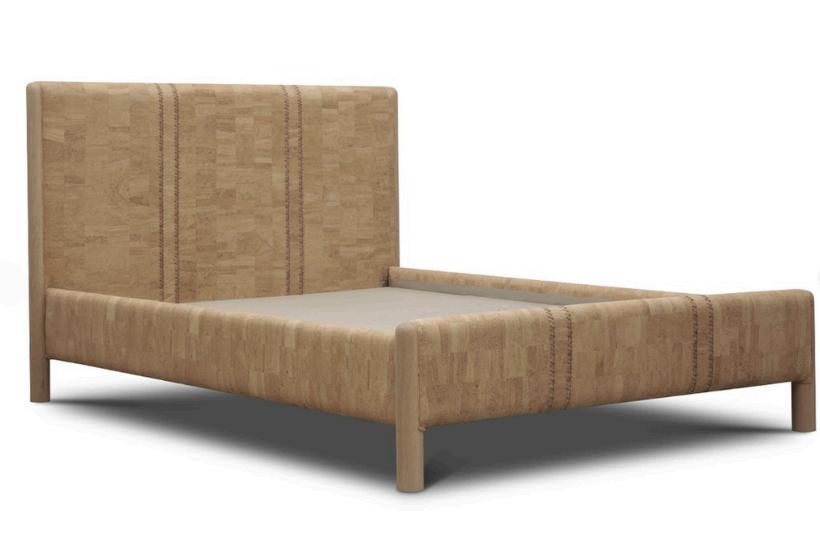
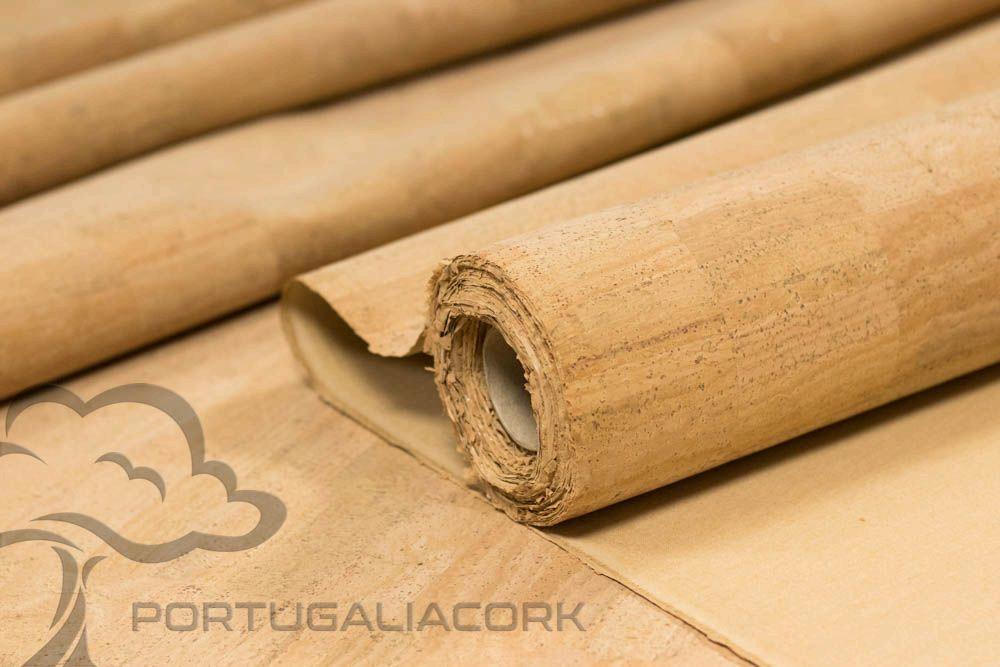

products can make a difference in the world. Our team is made up of experts who are passionate about the cork industry, and, with a robust R&D program, we are constantly looking for ways to innovate and improve our products. Suberise Cork Leather is the result.
The cork tree is a truly remarkable tree due to its continuous self-regenerating properties and environmental benefits. Its natural longevity allows it to produce high-quality cork sustainably without compromising the environment that surrounds it
Cork (the outer skin layer of the tree) can be extracted without causing any harm to the tree. Nothing is considered waste when it comes to the cork tree: it’s fruit, leaves, and natural acids, all play a part in guaranteeing a sustainable eco system for the surrounding areas.
The cork tree has been protected legally since the Middle Ages. In modern times it enjoys many more protections and safety regulations due to the understanding of its importance to the environment and economy.
Portuguese Local and National Legislation help ensure our heritage is preserved and maintained Portugal is the leading country in the cork industry worldwide
Portugal has long recognized the value of preserving this historic Mediterranean tree.

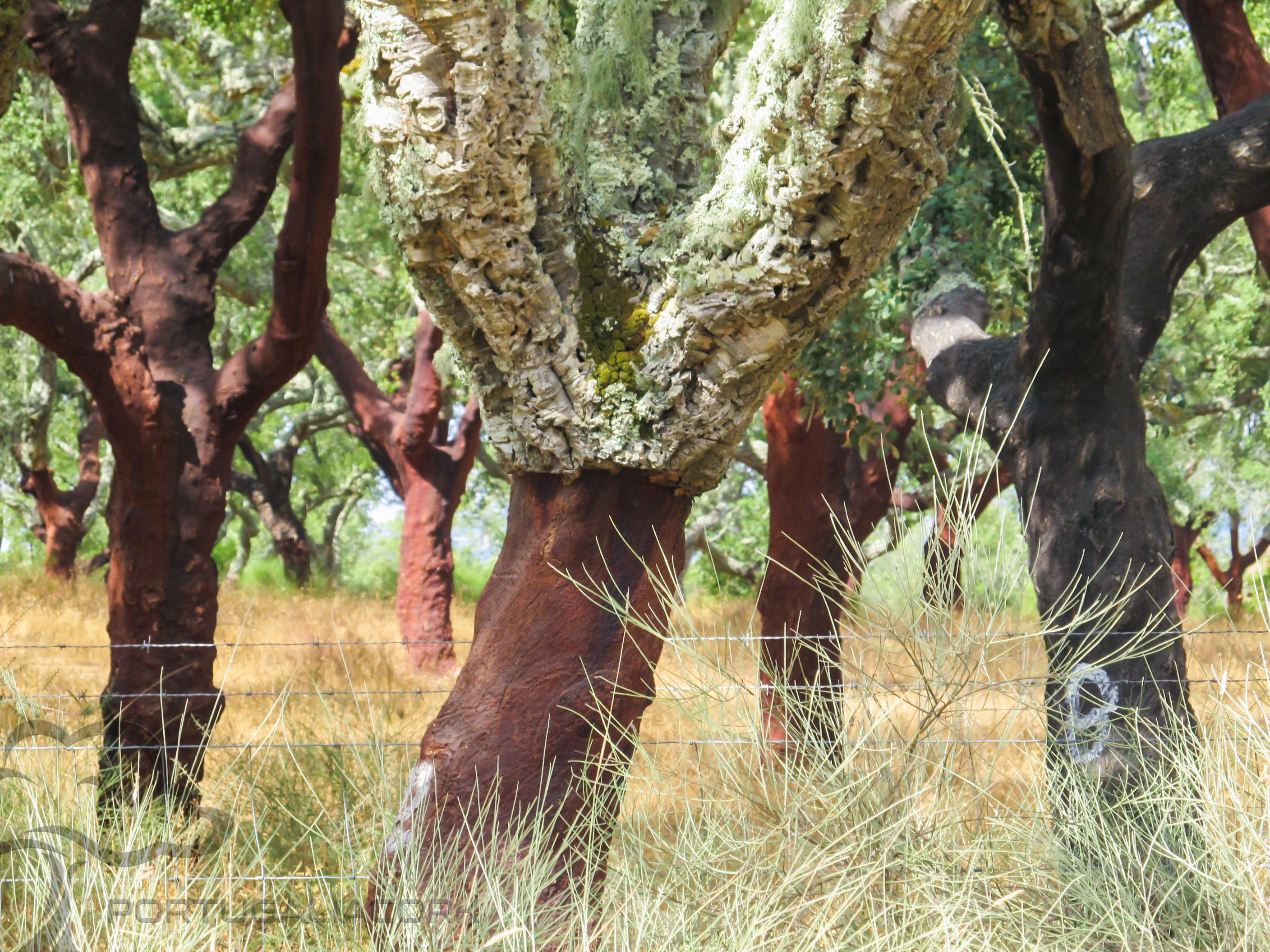


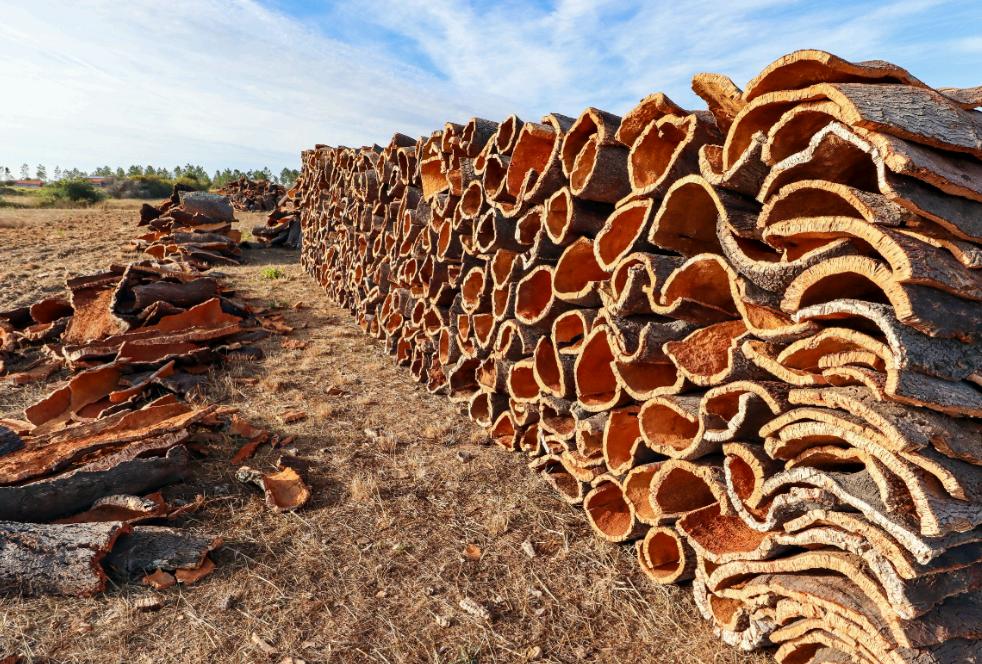
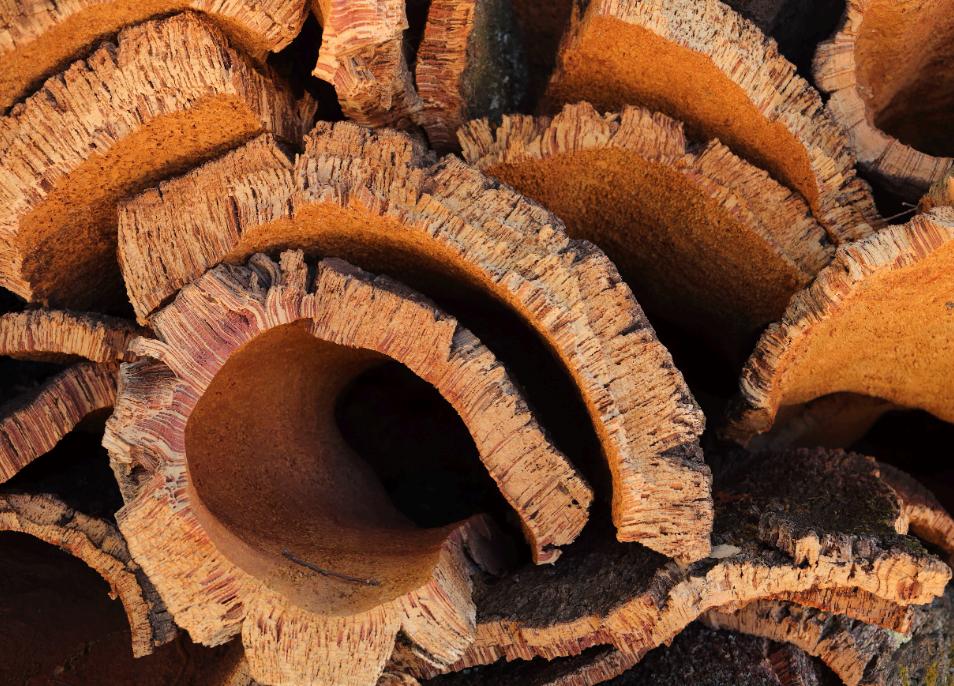

It can take decades to obtain high-quality cork from the tree. Cork is the bark of the cork tree and will regenerate after harvest.
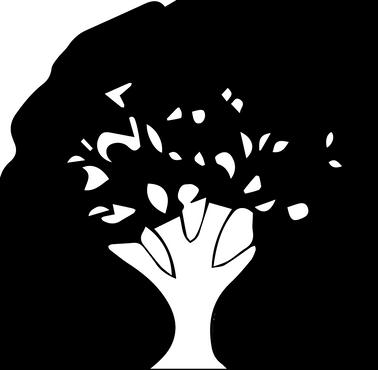
Harvesting is done every 7-10 years In between harvests the cork trees are a carbon sink removing CO2 from the atmosphere.

The raw slabs of cork are then dried, pressed and disinfected. When cork is selected for use in cork leather it is aglomerated into large blocks using heat and pressure.

Each block will be designed to produce a specific pattern when the blocks are sliced into extremely thin layers.


Cork layers are then bonded to a fabric backing using vulcanization and this process produces a high-quality and durable textile.

“SUBERISE CORK LEATHER IS ALWAYS PRODUCED ETHICALLY AND IN HARMONY WITH NATURE.”STEVE SECHREST
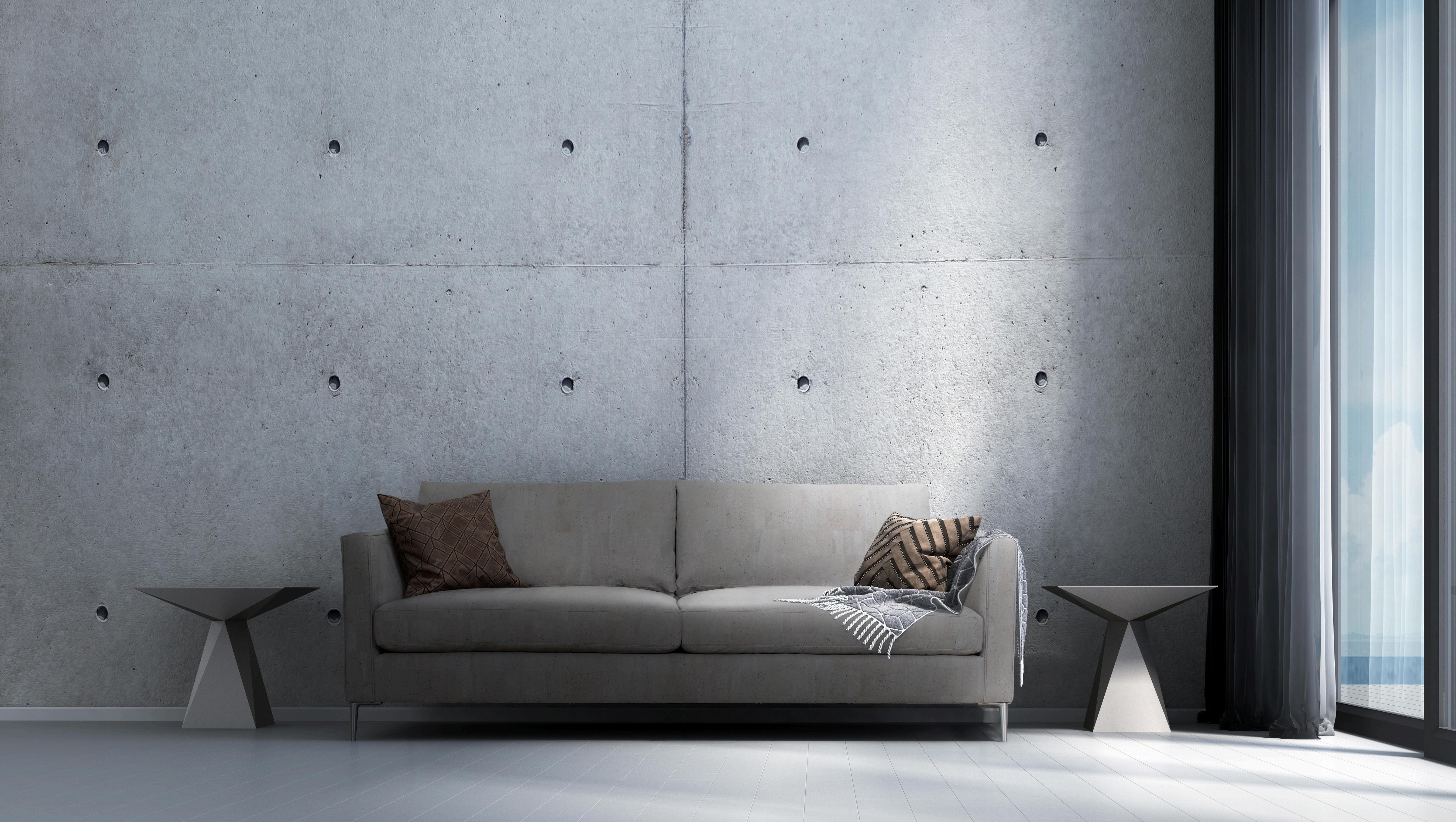

Suberise Cork leather is a fascinating material that is rapidly gaining popularity for its unique properties and versatility. It is made from the bark of cork oak trees, which are primarily found in the Mediterranean region. The bark is harvested without damaging the tree, making it a regenerative and sustainable material.
One of the most impressive features of cork leather is its softness and flexibility. It feels almost like suede, but is much lighter and more breathable. Despite its softness, cork leather is also incredibly durable and resistant to wear and tear. It can withstand scratches, abrasions, and punctures, making it an excellent choice for accessories and clothing.

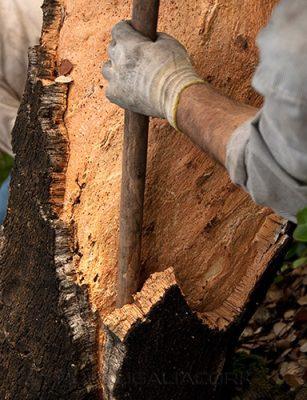
Cork leather also has some remarkable natural properties that make it highly functional. Its honeycomb cell structure makes it water-resistant, flame-resistant, and hypoallergenic, making it a great choice for items that need to be both durable and safe
Additionally, cork leather does not absorb dust or other particles, making it easy to clean and maintain.
Overall, cork leather is a versatile and sustainable material that is perfect for a wide range of applications.

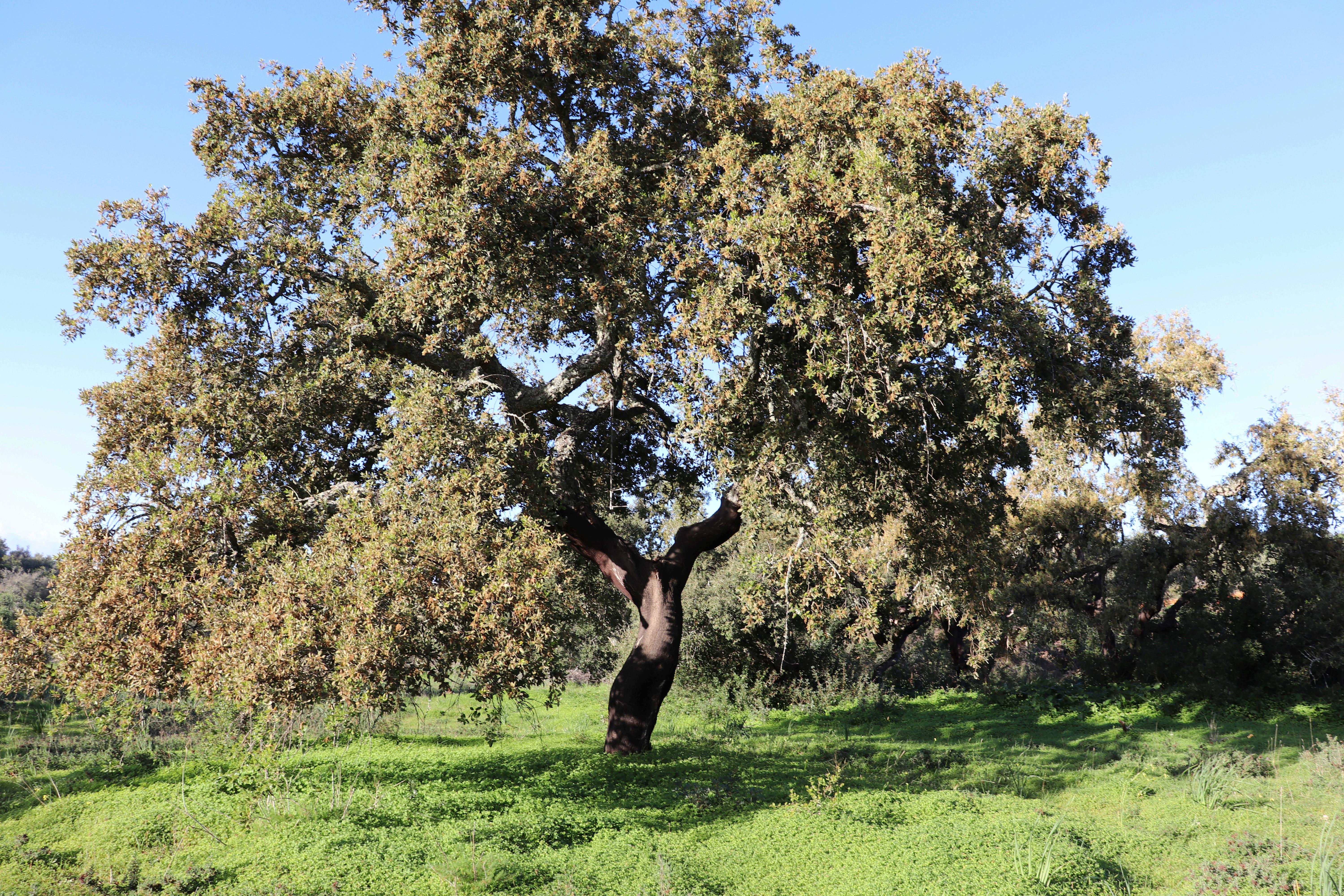

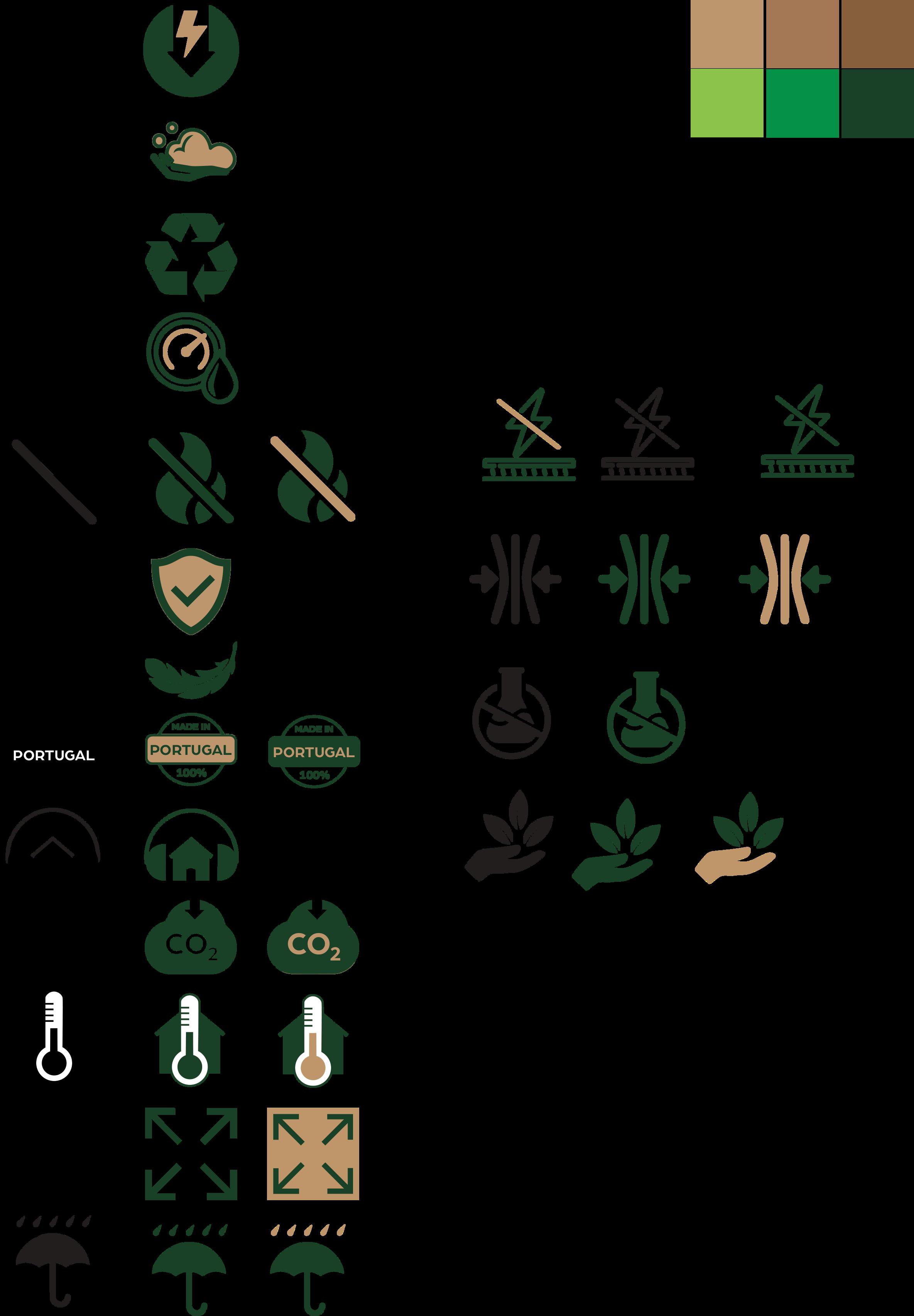


Cork Leather has a supple, soft hand which allows for tufting, welting and all other upholstery techniques. Cork also maintains a neutral feel that is never cold or hot.
Cork Leather is used by high fashion brands such as Louboutin, Prada and Nike. As many as eight major luxury Car companies are planning to add cork to their vehicles. Cork is available in a multiplicity of patterns and colors.

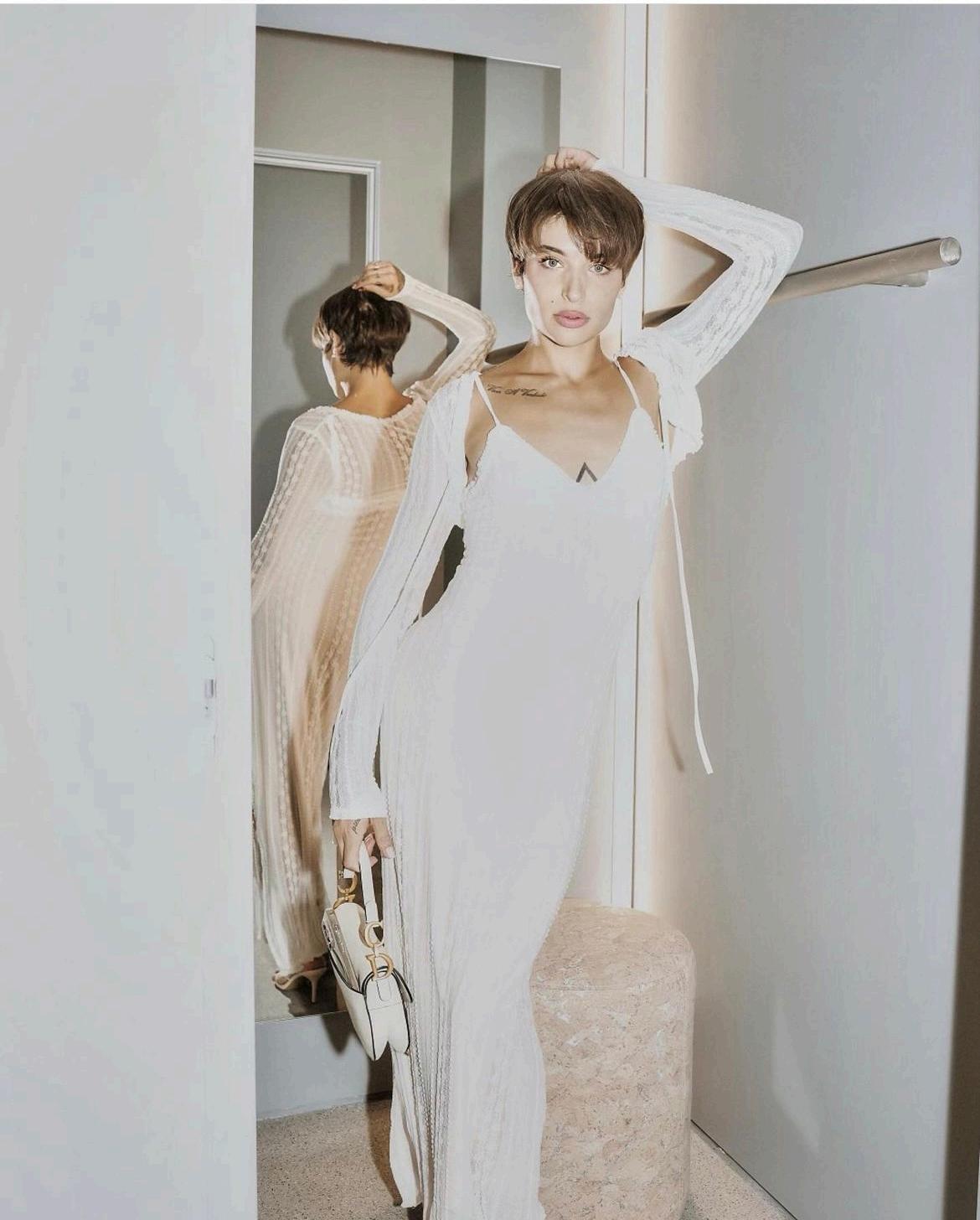

Cork Leather provides outstanding durability. It tests past 100,000 rubs on the Wyzenbeek scale making it suitable for even heavy uses such as in commercial and hospitality settings.
Cork Leather is inherently waterproof. No need to worry about red wine spills or any other waterbased spills. Coffee anyone? The spills wipe right up even after drying.
Cork Leather is a natural performance material.

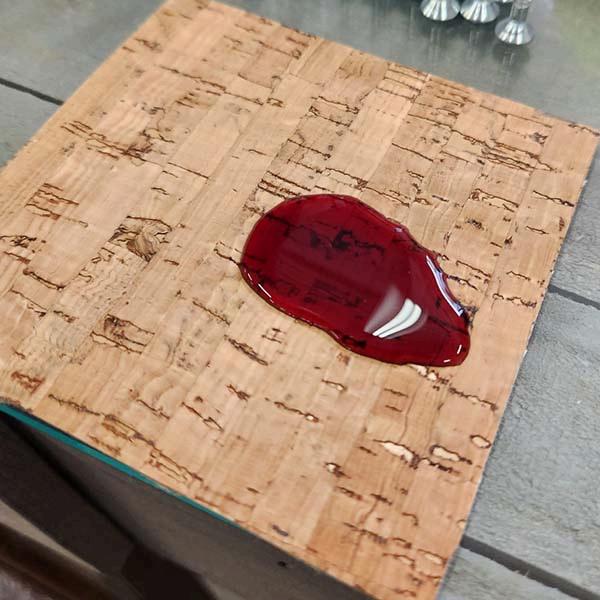

Cork Leather has an unmatched sustainability story. It grows on trees. The cork is harvested, by hand, in a fashion that does not harm the cork trees and, over time, will regenerate a new crop of cork.
Cork Leather comes from the cork forests of Portugal. Cork can be harvested every 7-10 years and, in between harvests, the cork forests remove 14M tons of carbon from the atmosphere each year.

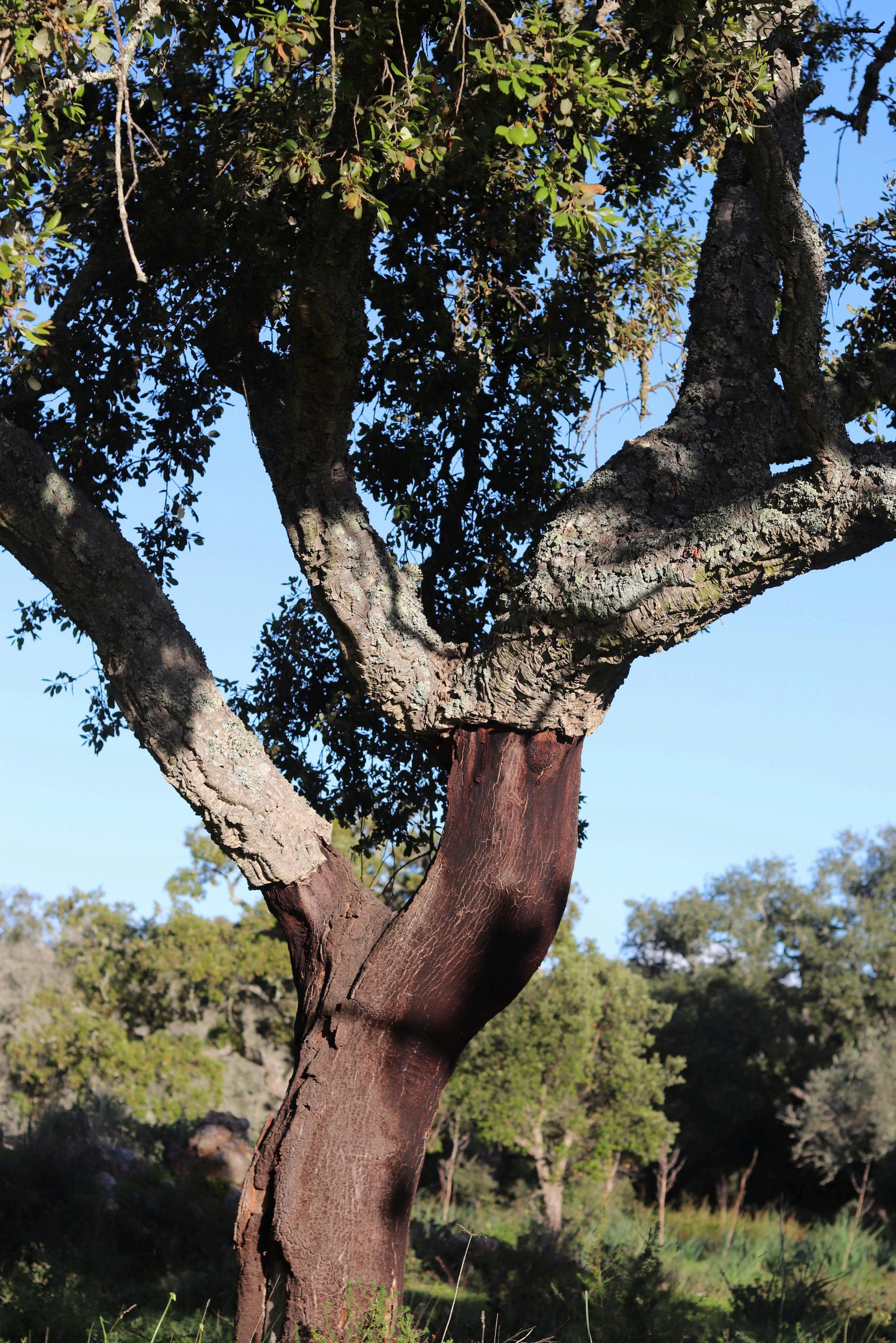
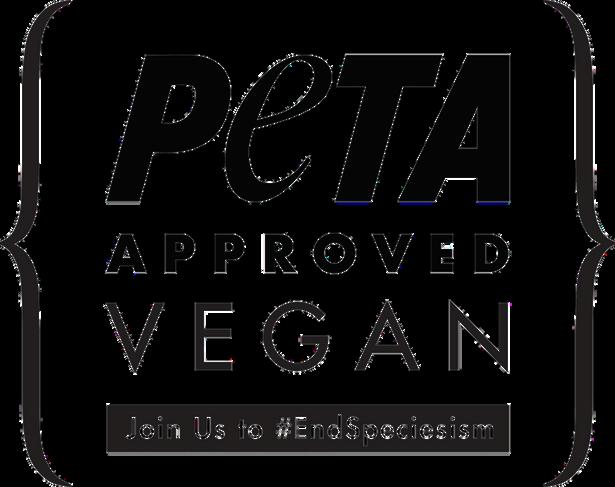
Cork Leather is certified as a Vegan product by PETA, which is the gold standard for such certifications.
Unlike other faux leathers that claim to be vegan, cork leather is sustainable.
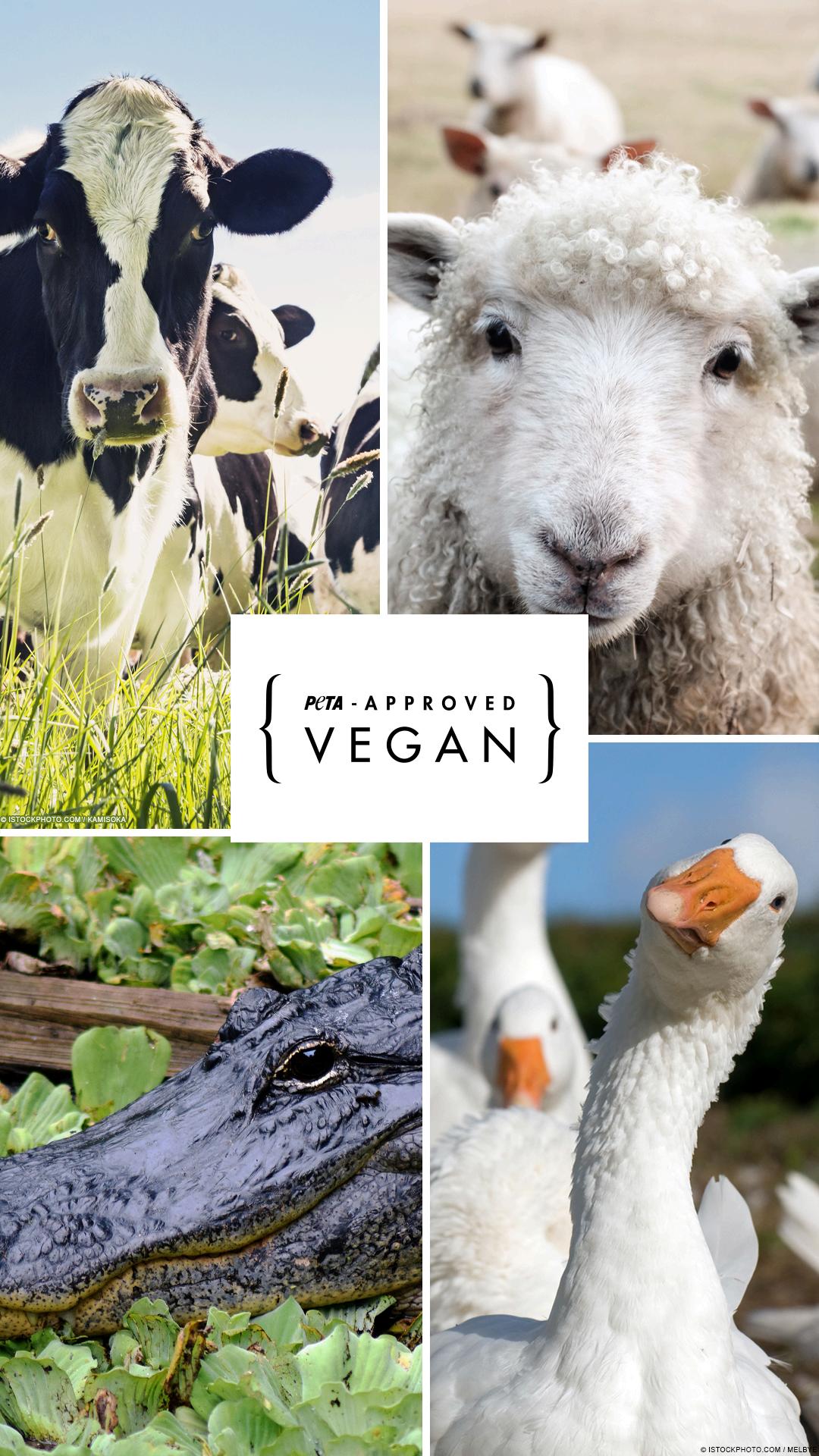

Portugal is the world leader in the production of high-quality cork.
Our Cork Leather is always made with 100% Portuguese cork.


MMan has been finding applications for cork and its wonderous properties for at least 5000 years. Starting with floats for fishing and quickly moving on to stoppers such as for wine. Today cork is used for those same original uses but also for insulation, flooring, gaskets and many other industrial applications and design applications. Our cork leather is just the latest innovation.
Suberise Cork leather is perhaps the most advanced cork product ever conceived.
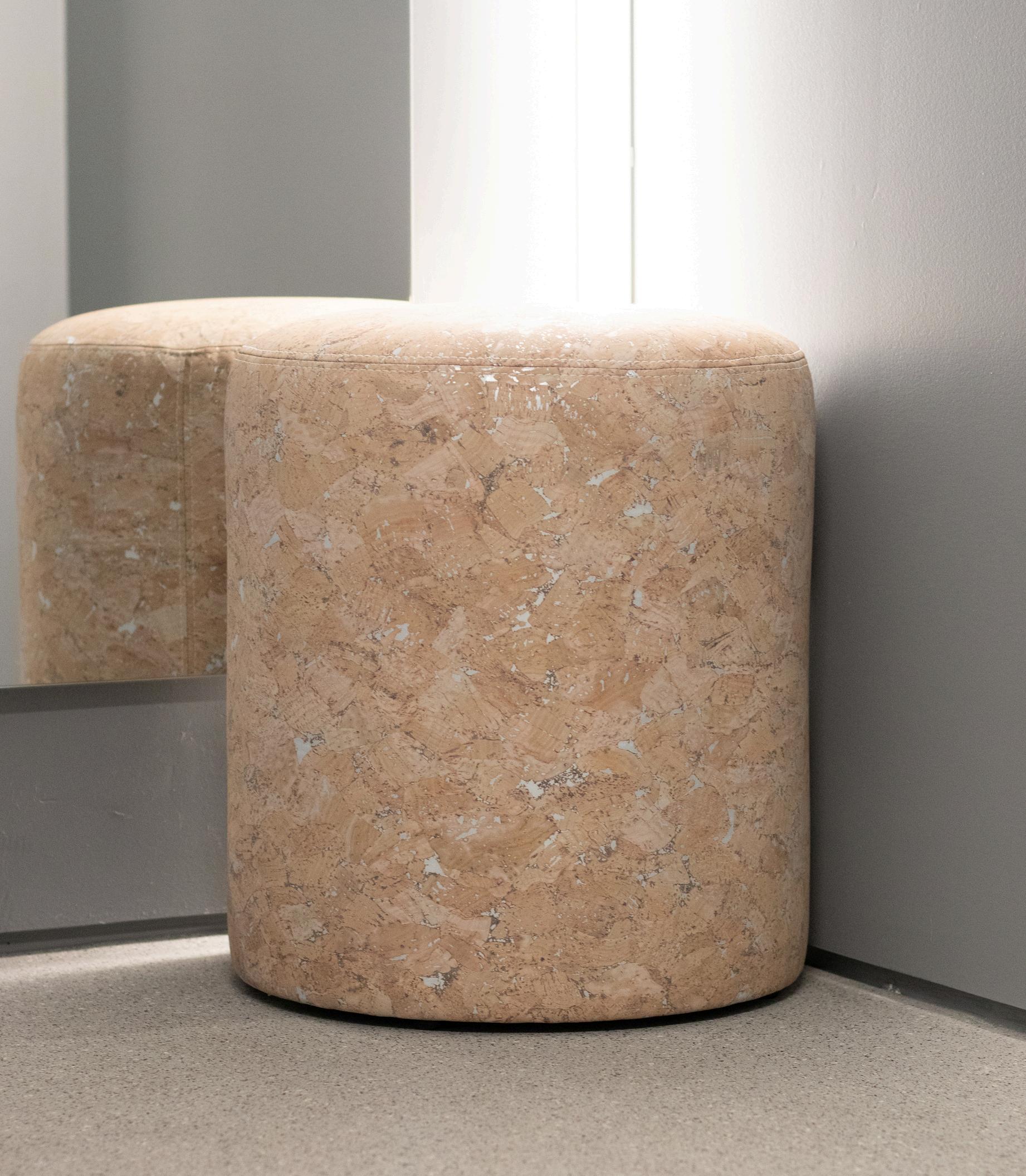
SuberLse Cork leather is a designer’s dream with its multiple patterns, almost limitless color possibilities, and even the ability to add metallic highlights that showcase the cork’s essential qualities.
Cork leather creates an amazingly durable, cleanable, and aesthetically stunning surface. As a wall covering for any vertical surface or as the finish on case goods, Its extraordinary versatility when used as an upholstery material is where it really shines.
Suitable for residential, commercial, or hospitality projects, cork leather can be used to replicate any upholstery technique typically found on less sustainable leather, while providing extraordinary durability and character.

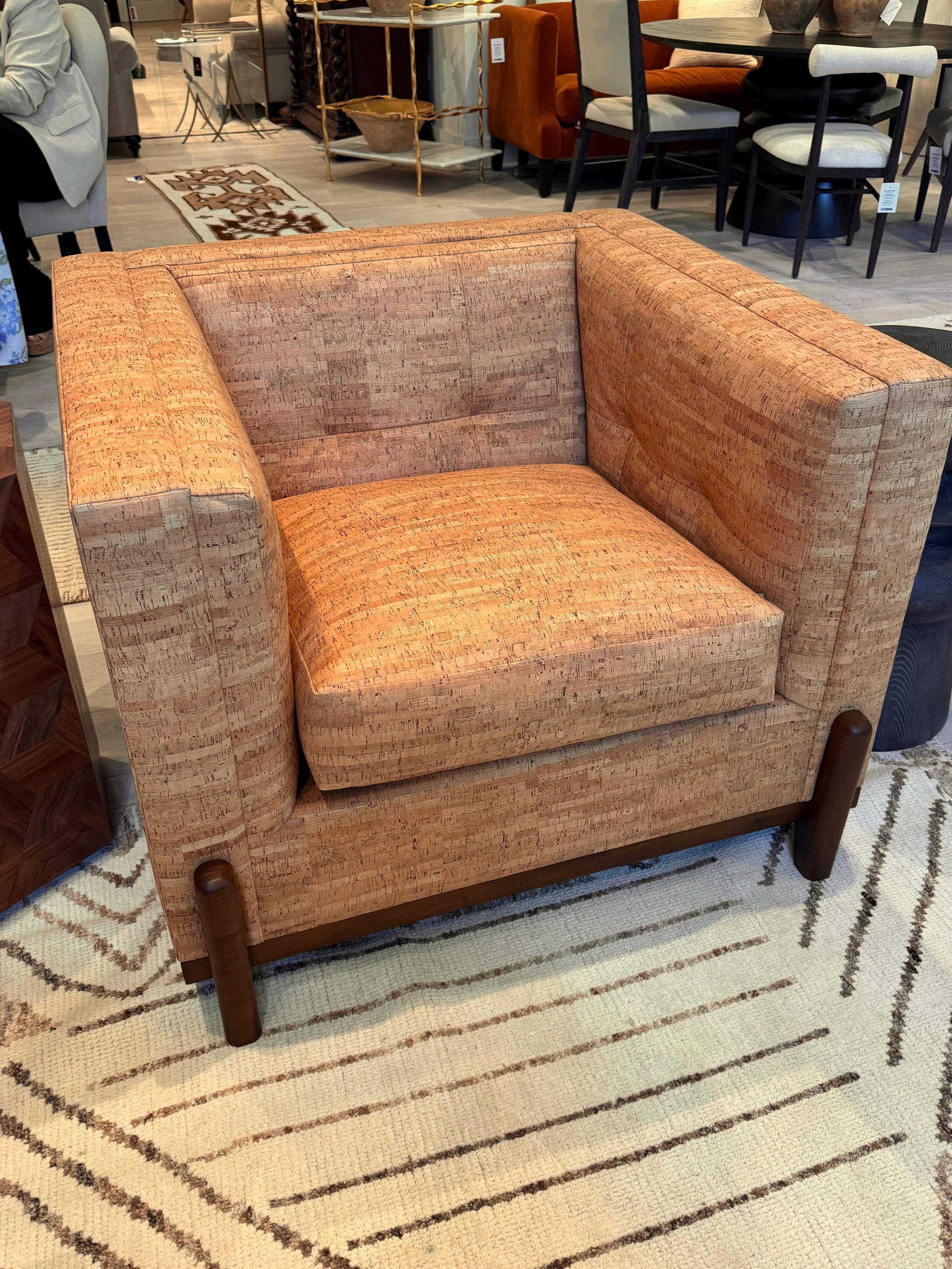


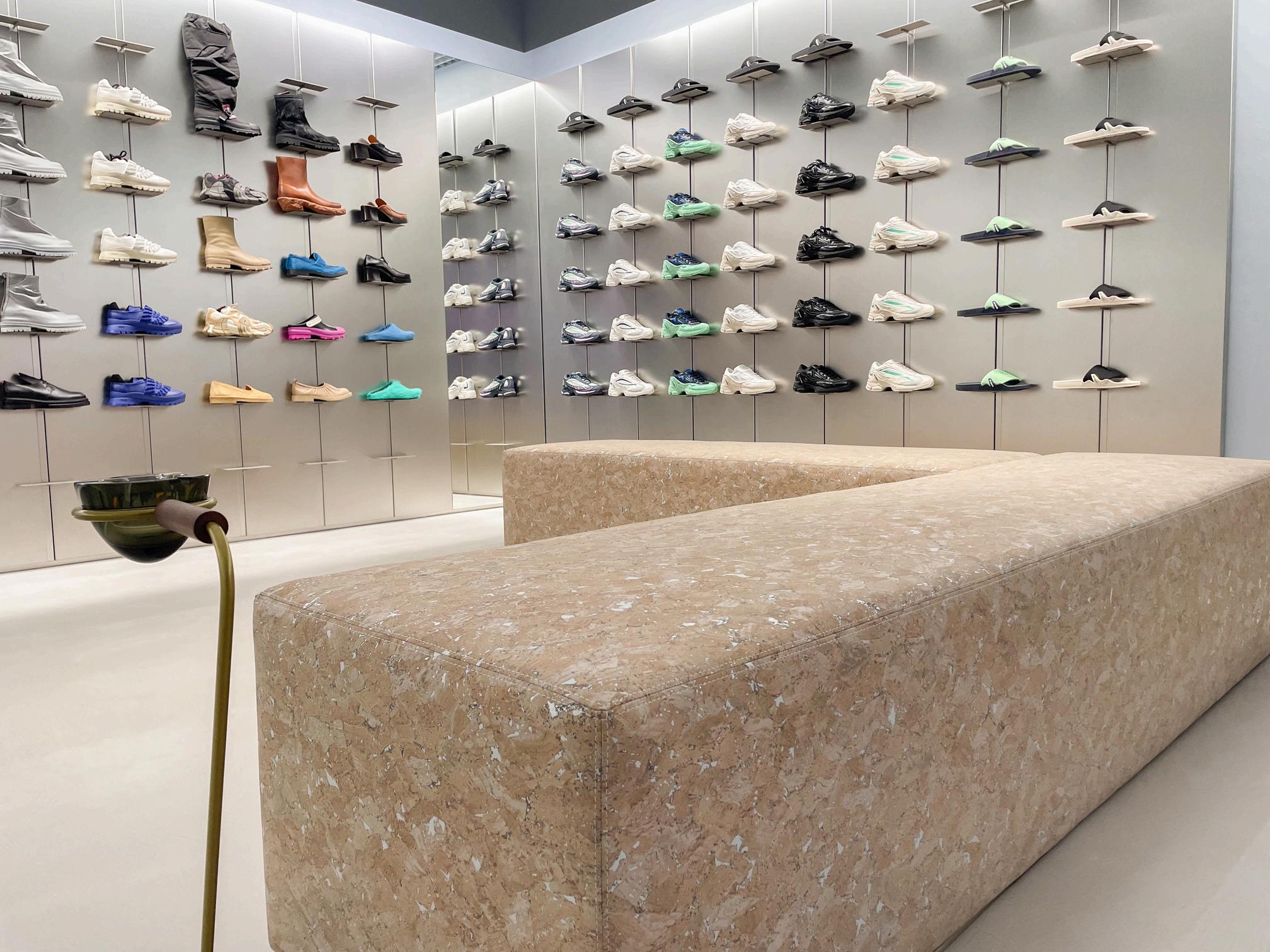

Cork leather is right at home in residential design applications. As a wall covering or as an upholstered sofa, chair, bed or ottoman, cork’s combination of durability, stain and moisture resistance and its wide palette of patterns and colors make it a designer’s dream.
With its intrinsic characteristics (elasticity and low permeability to liquids and gases) Cork leather provides an excellent material to be used in the hospitality industry. Waterproof and durable, cork will stand up to the most demanding applications such as restaurants, bars and hotels.
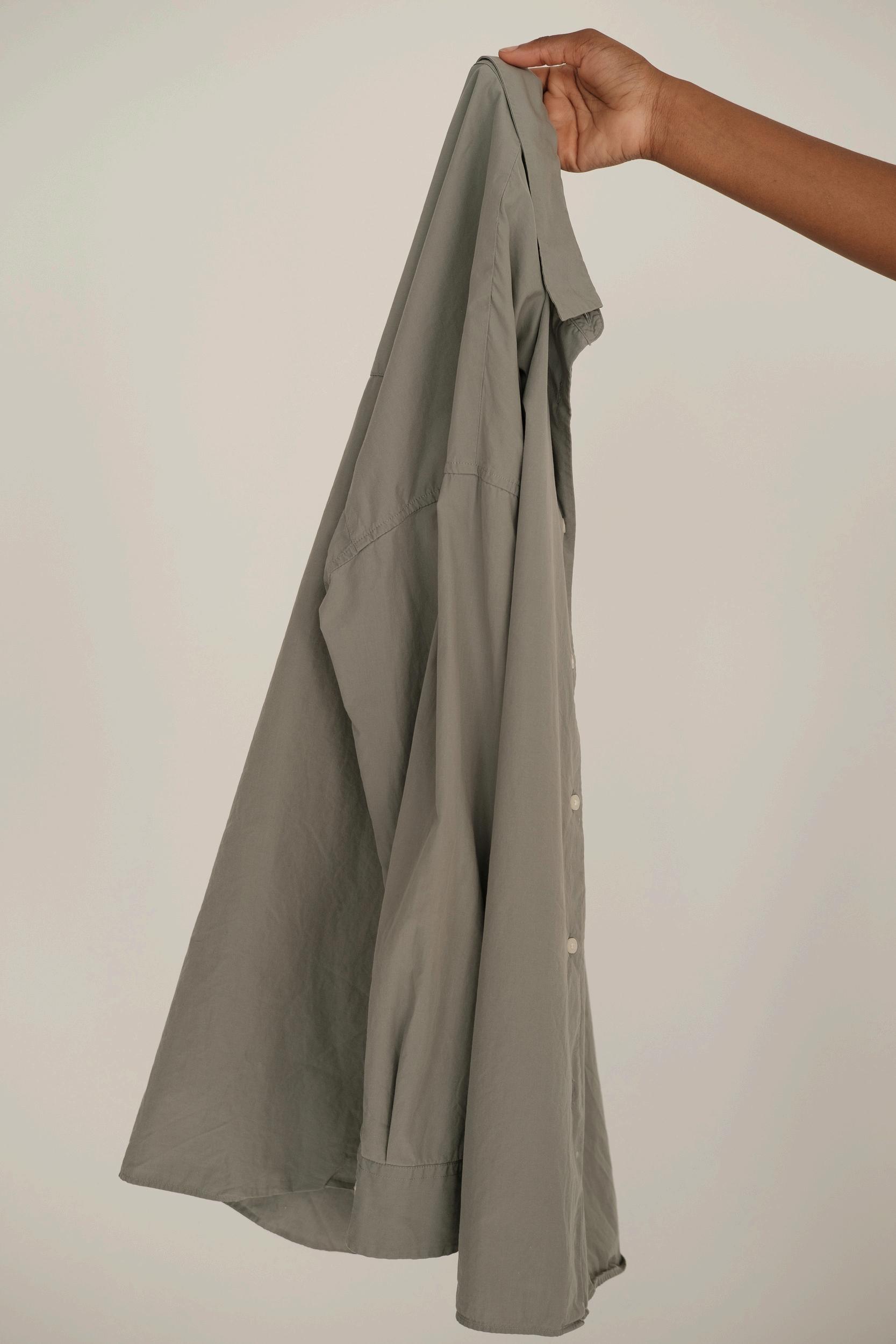
Office and Retail furnishings are natural applications for cork leather. It can be used as a covering for room dividers or wall panels. Cork, with its signature character would be the perfect material for cubical walls or lounge and break room seating. The possibilities are literally endless.



Suberise Cork Leather is a designer’s dream, with many available patterns and colors suitable for residential or commercial projects, but also a manufacturer’s favorite as it can be used in many applications and is easy to work with.
Celebrate diversity with cork! Suberise offers diverse patterns, colors, and uses and promotes bio-diversity in nature.
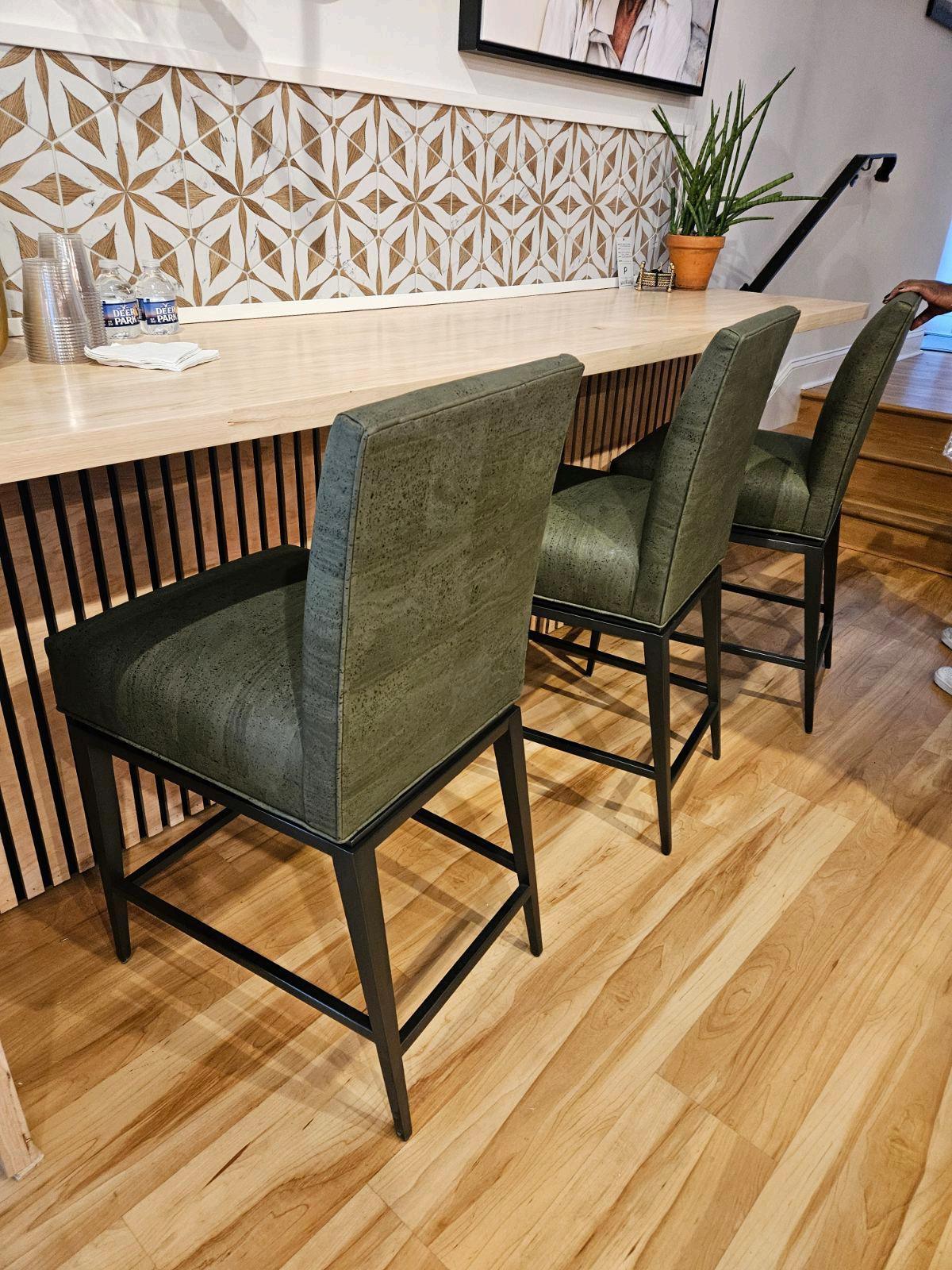

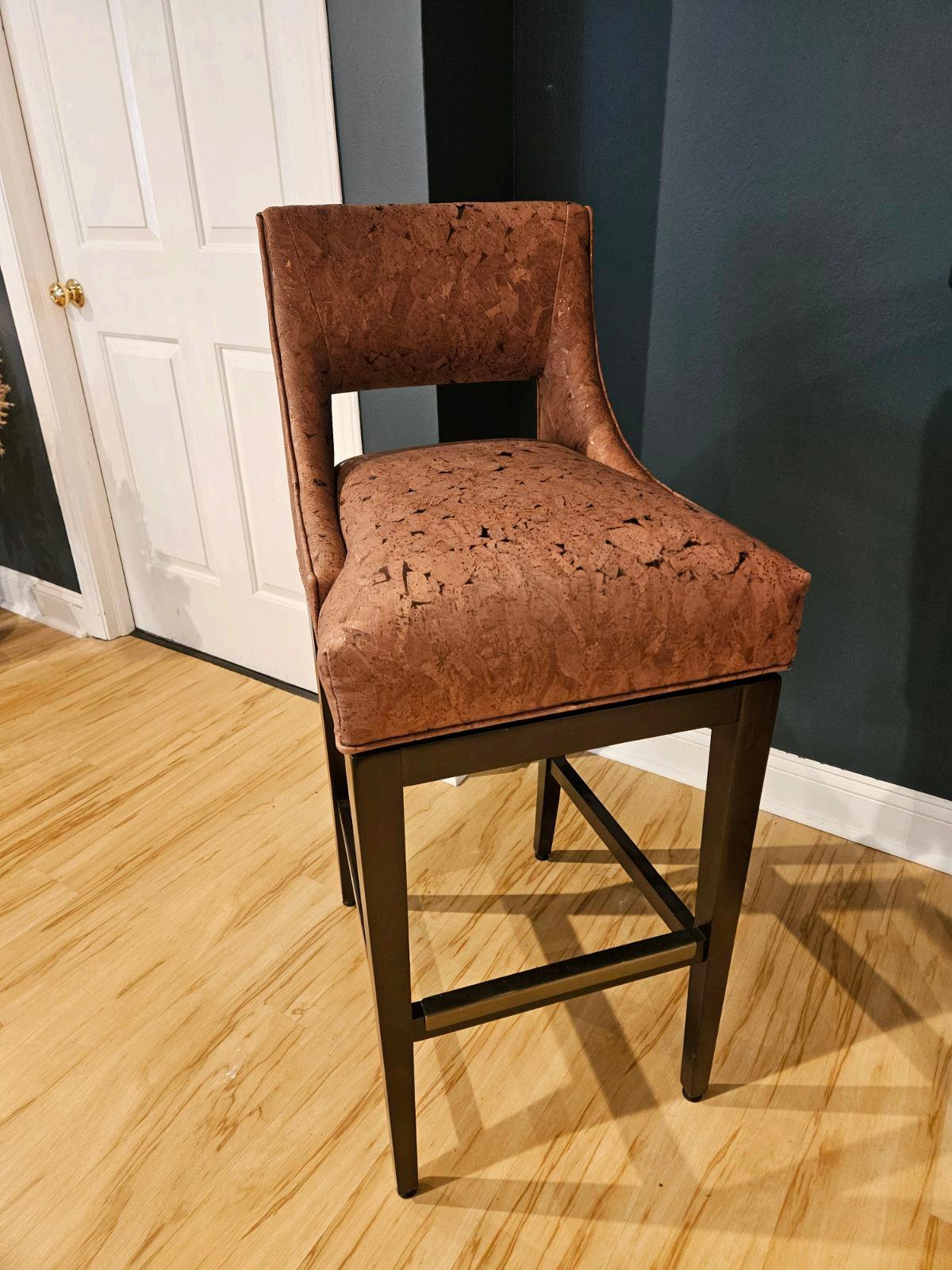
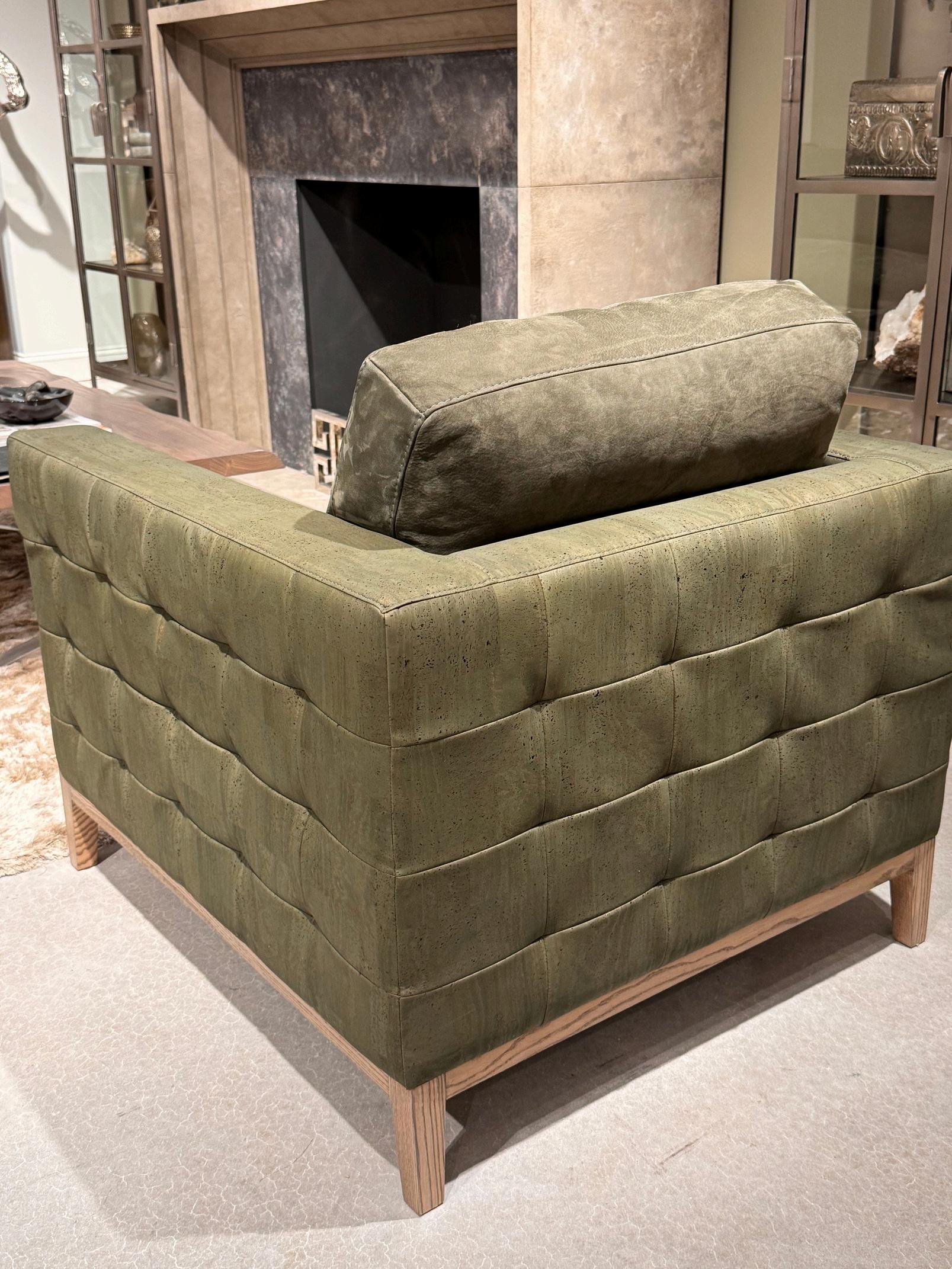
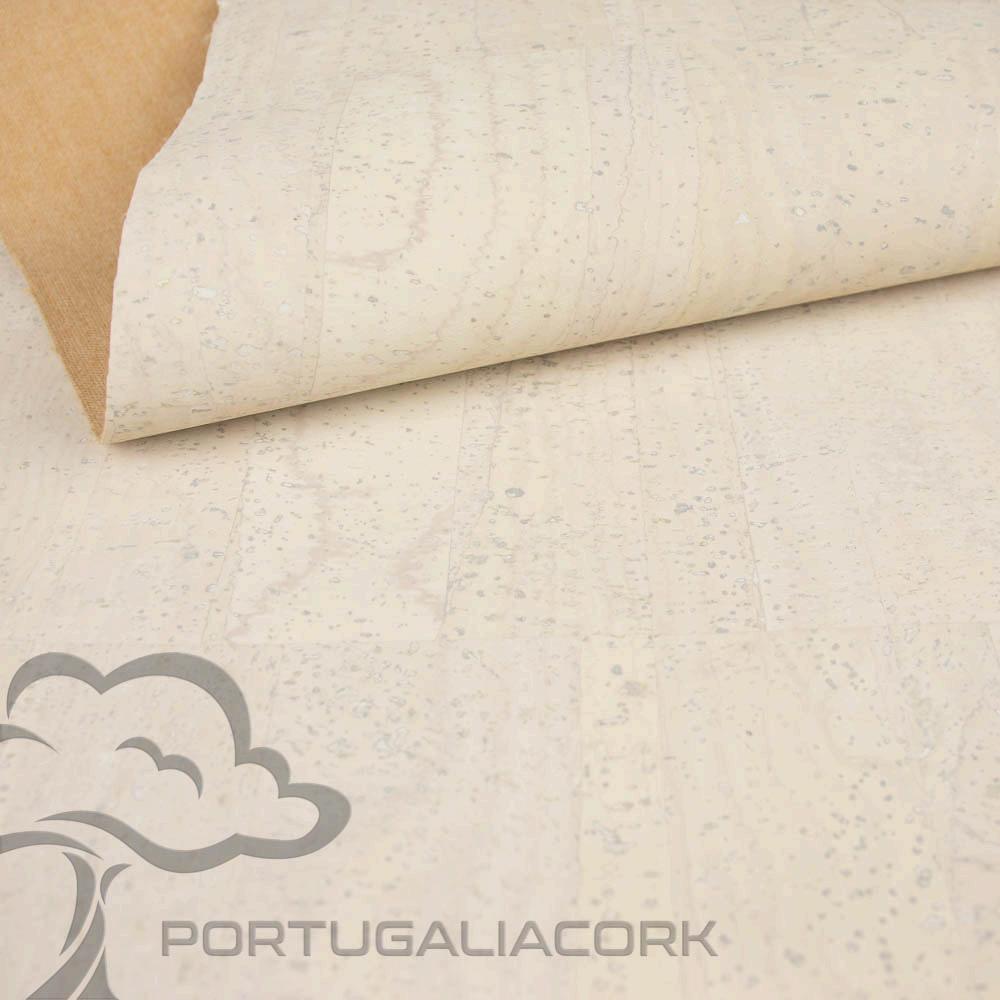



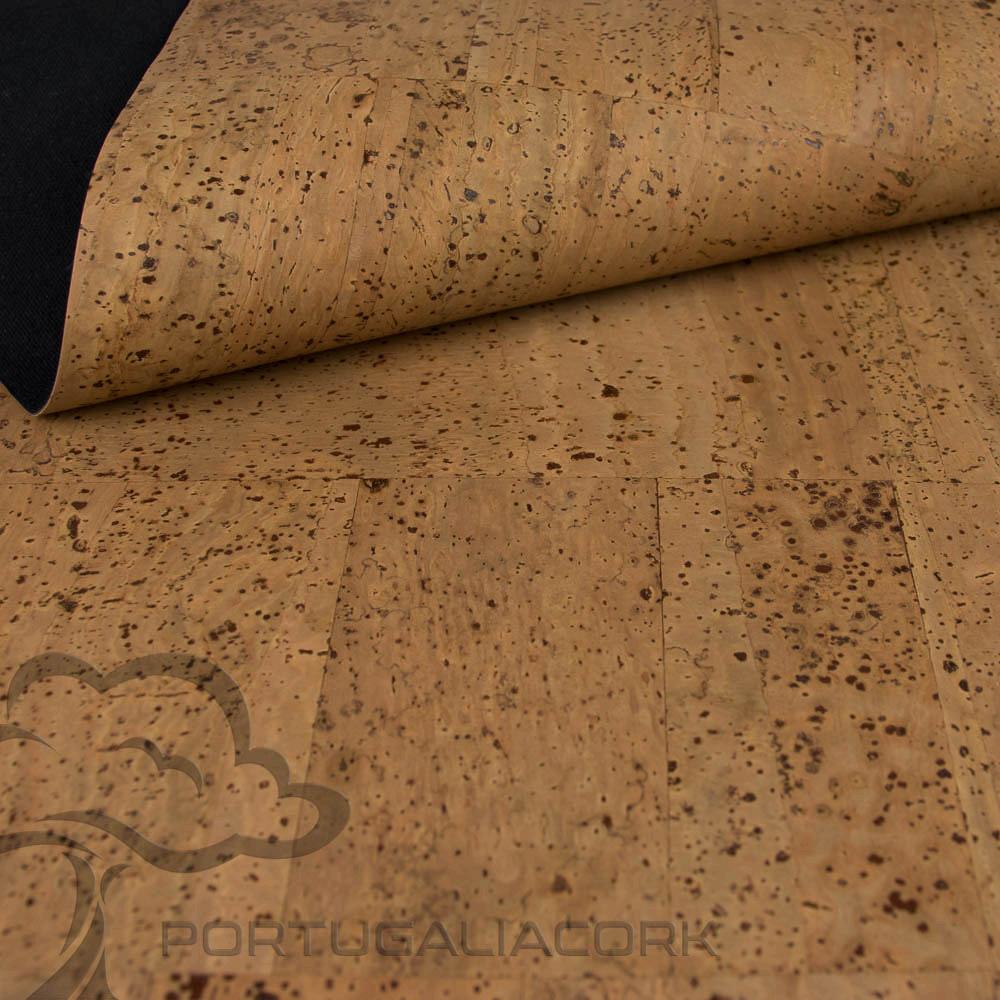


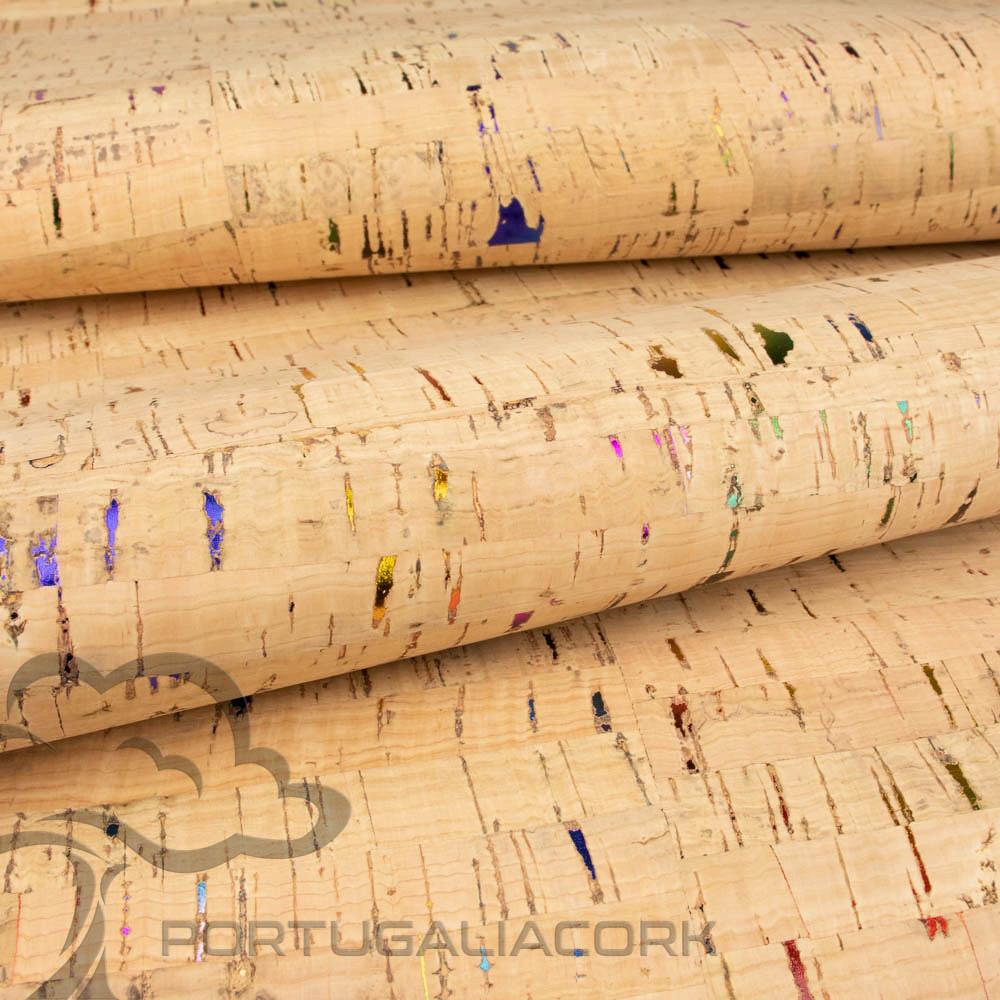

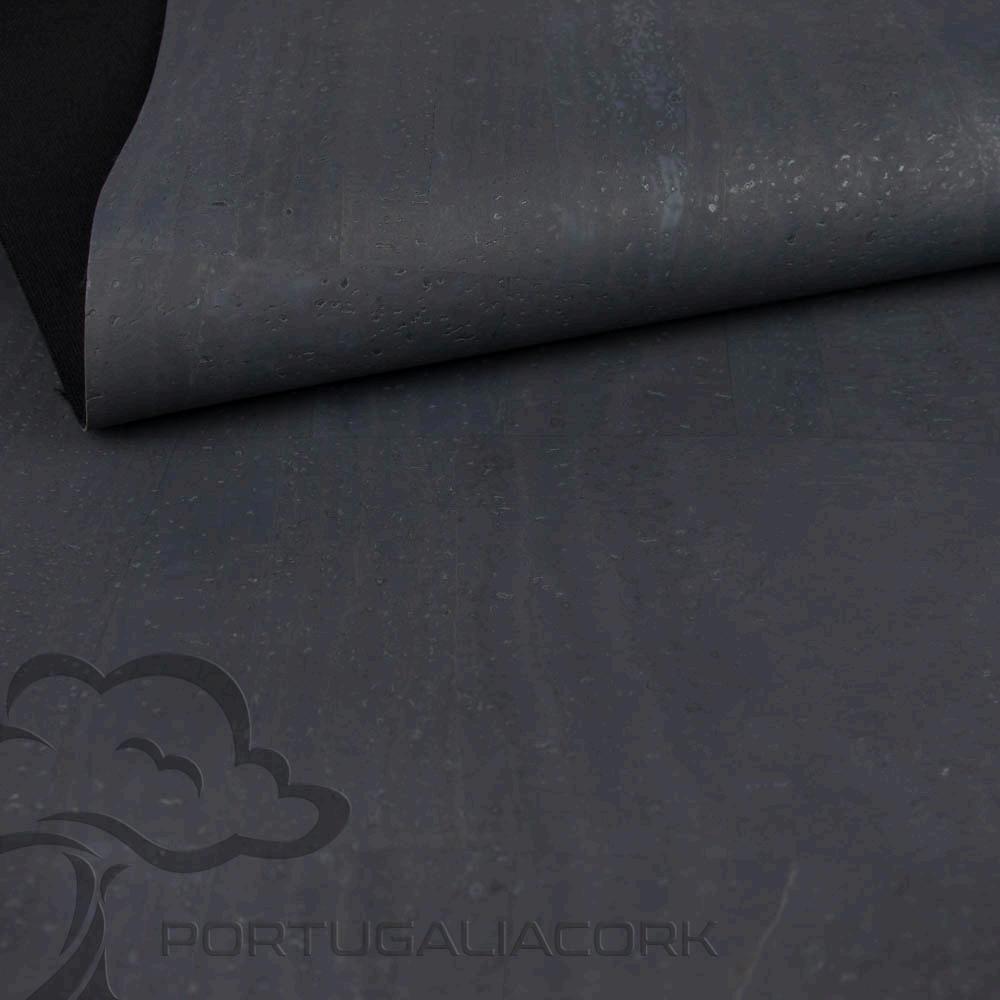
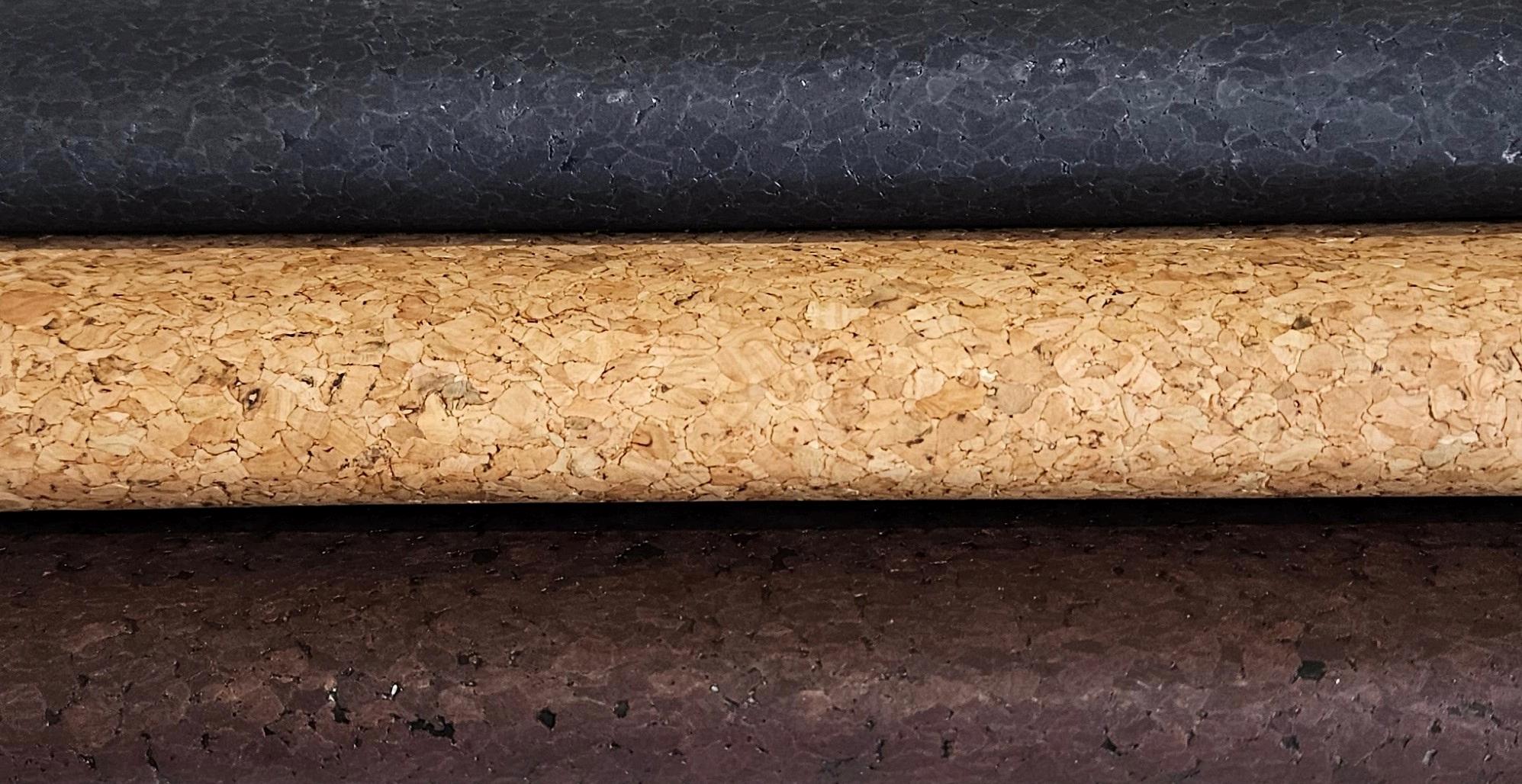
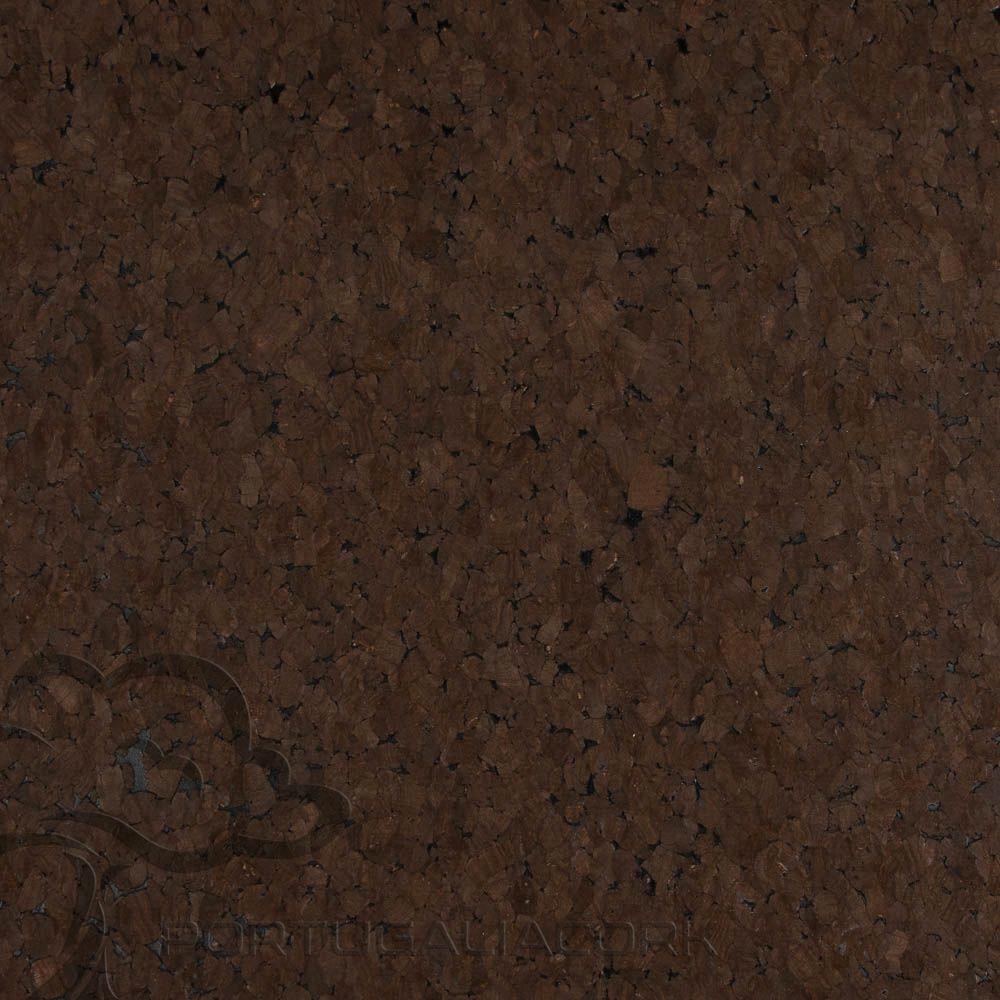
Agglo - “Brown” Agglo - “Black”

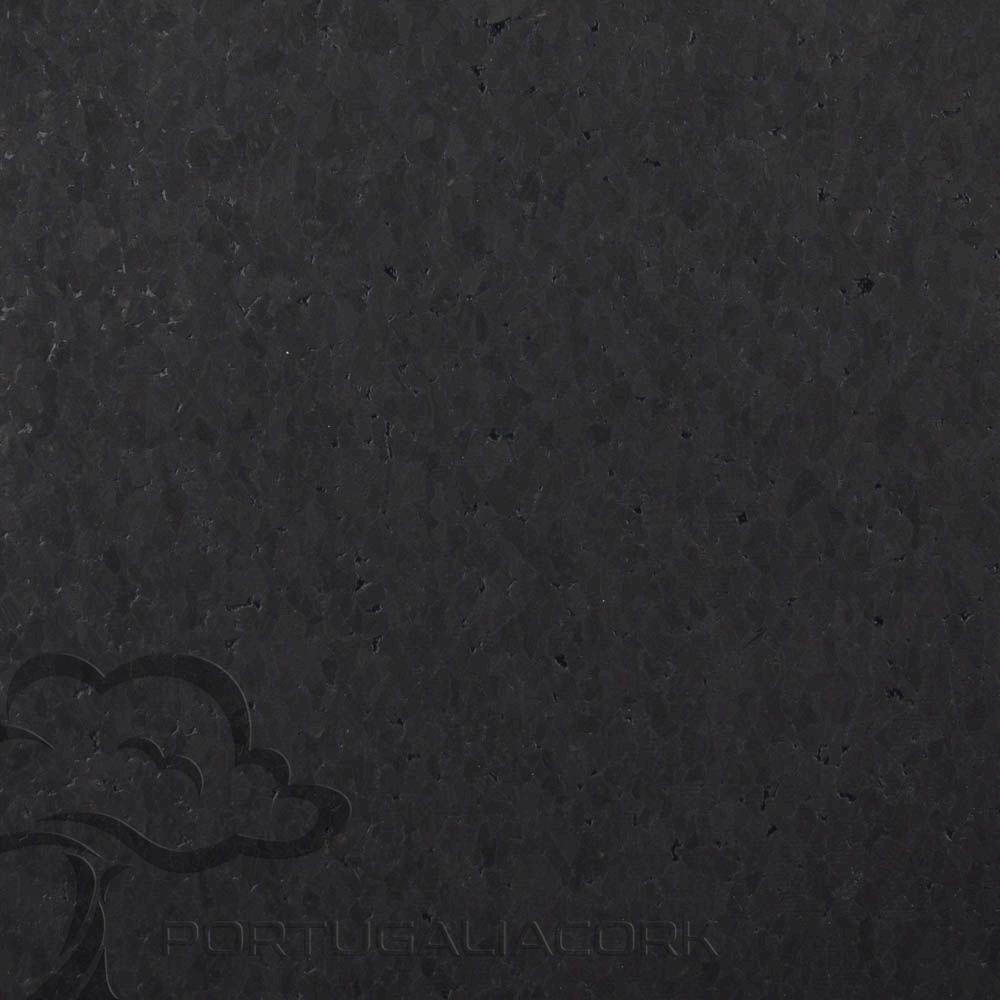
Agglo - “Camel” Agglo - “White”
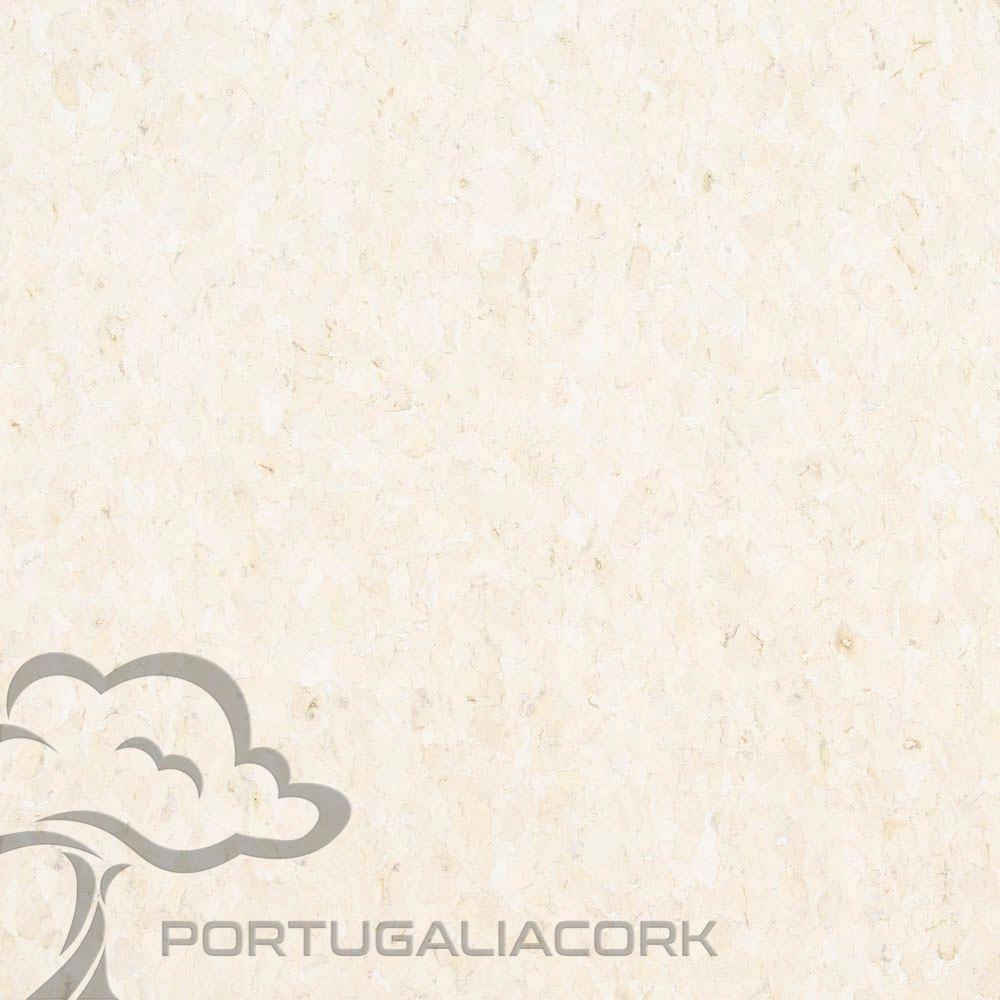
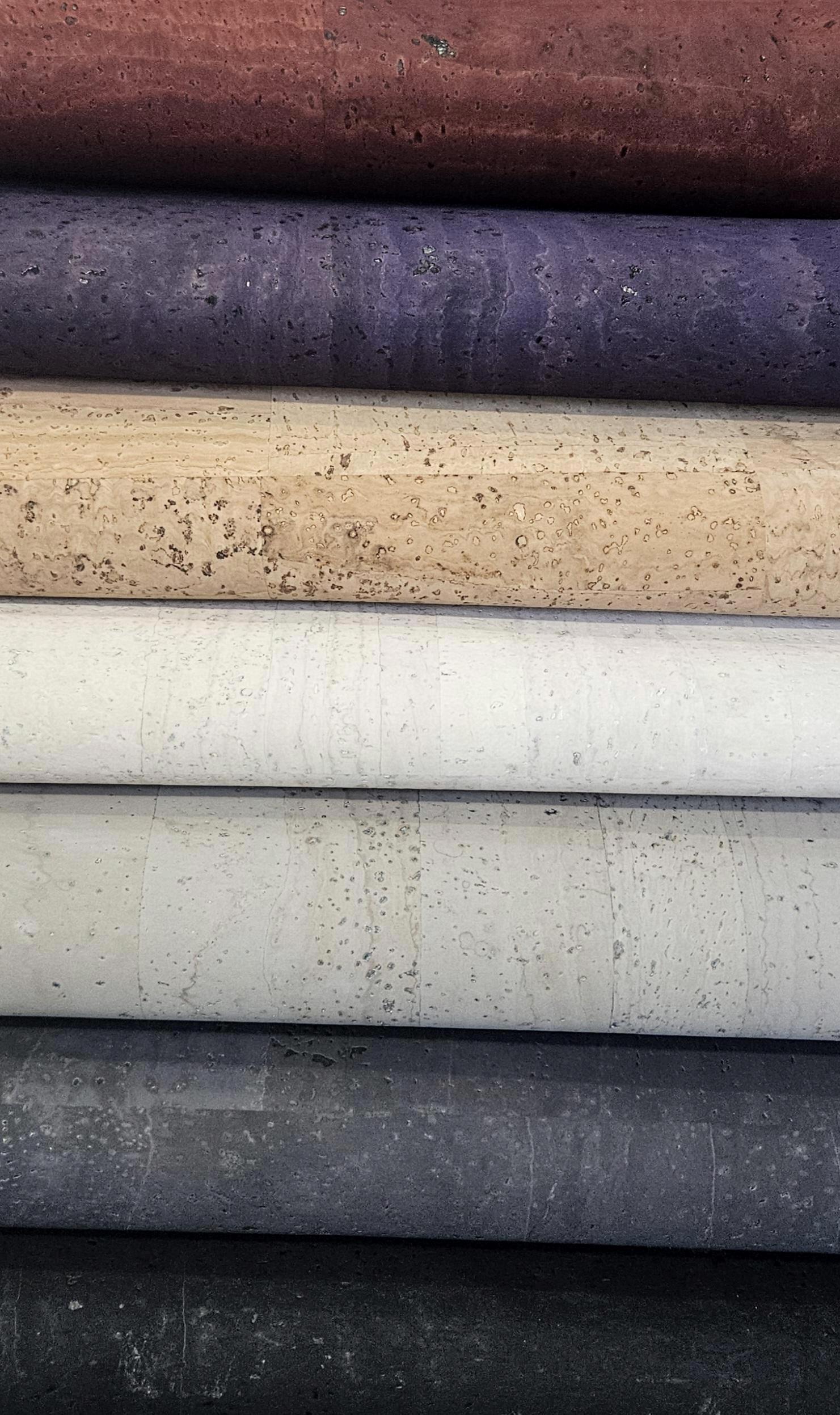
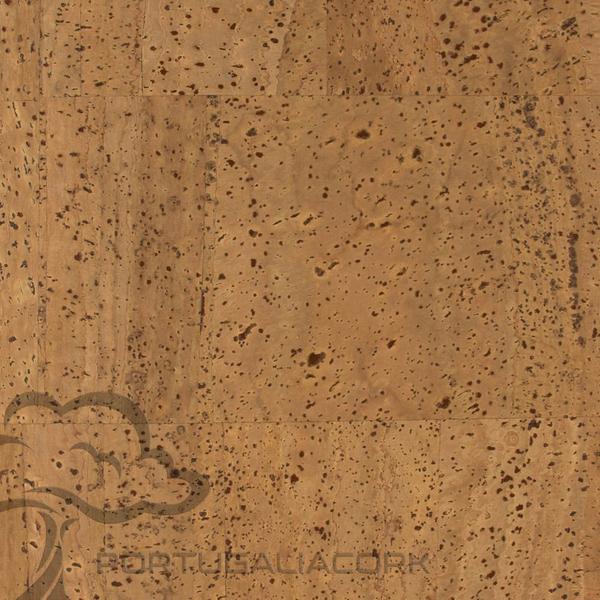

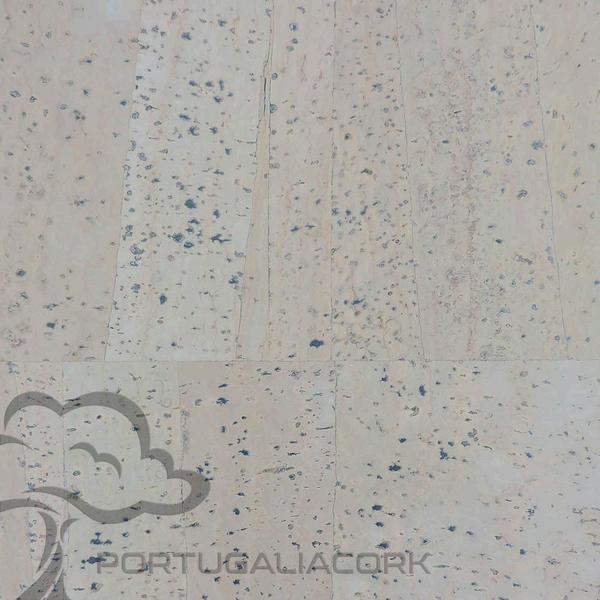
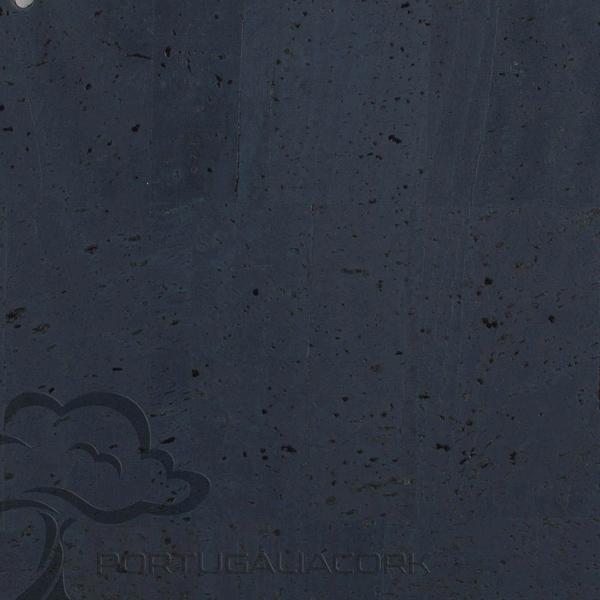
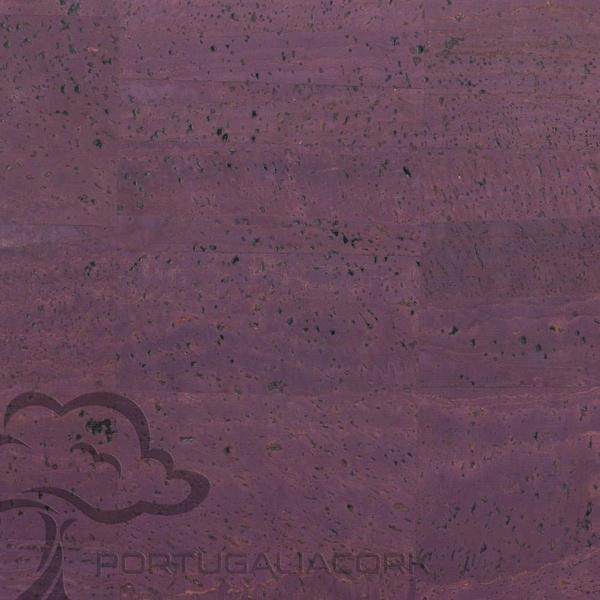

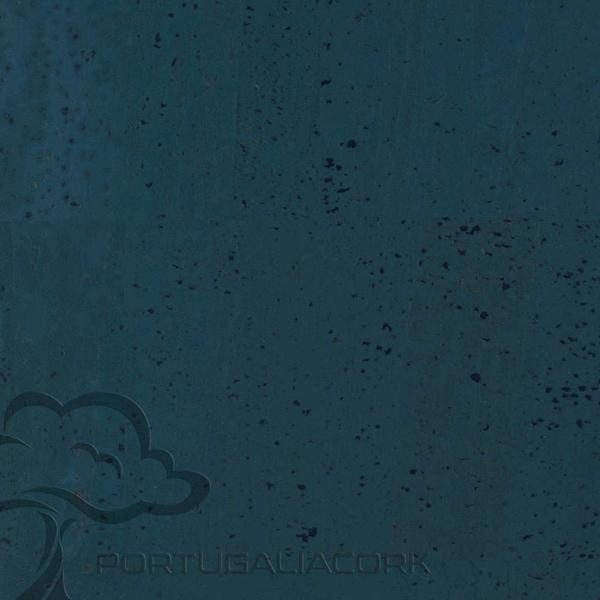
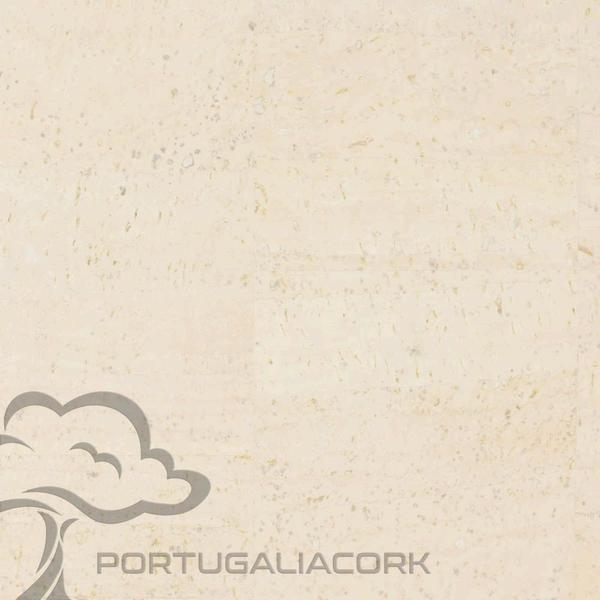
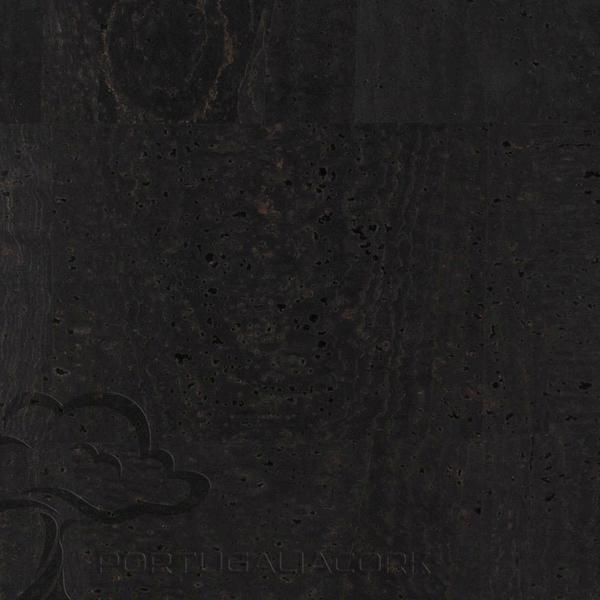
Natural is the “corkiest” of our collections. It is cut “across the grain” of the cork blocks to show a cross-section in a rectilinear, layered pattern. This natural pattern showcases metallic accents nicely for those wanting added flair.
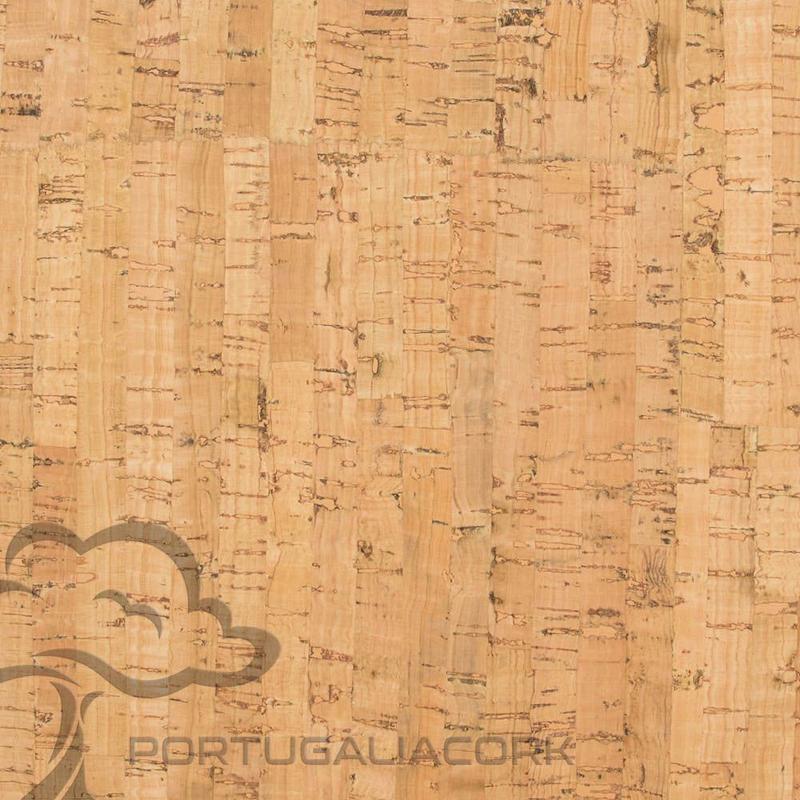
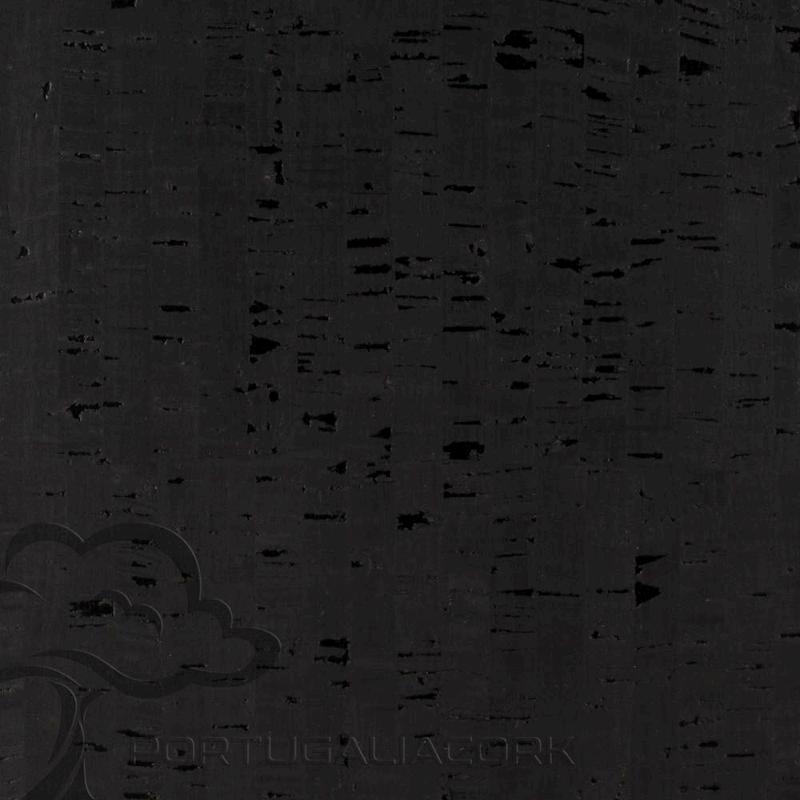



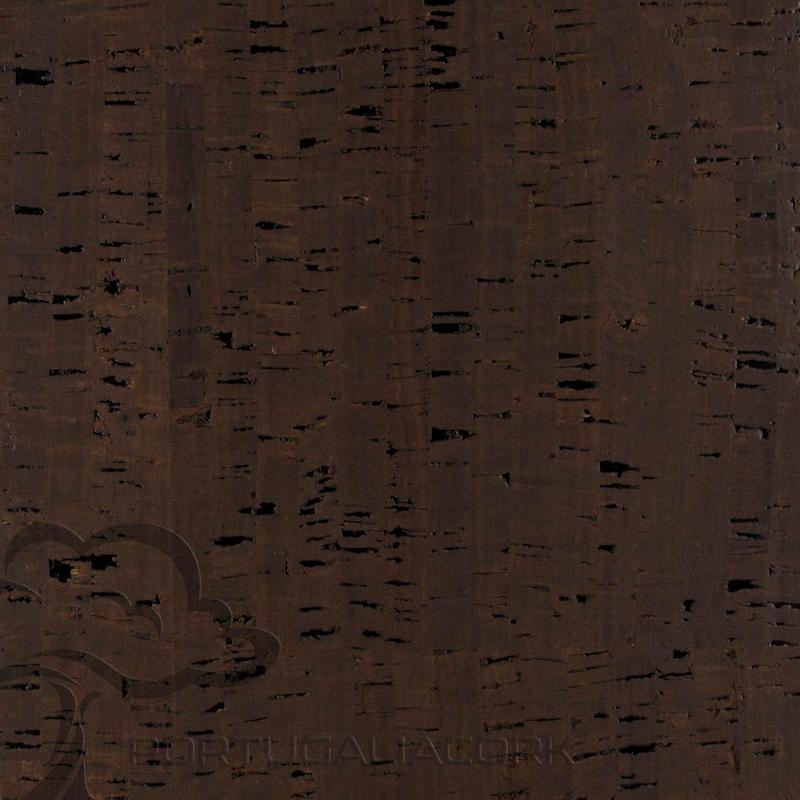

As the name implies, The

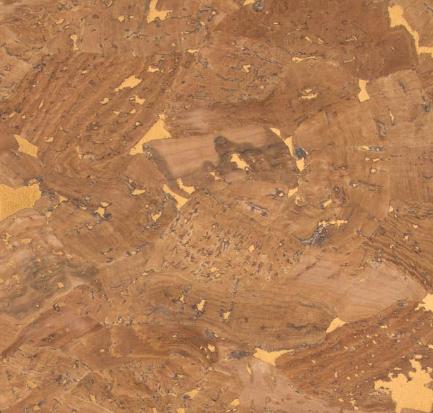

of randomized cork shreds with a metallic touch to add a bit of drama.
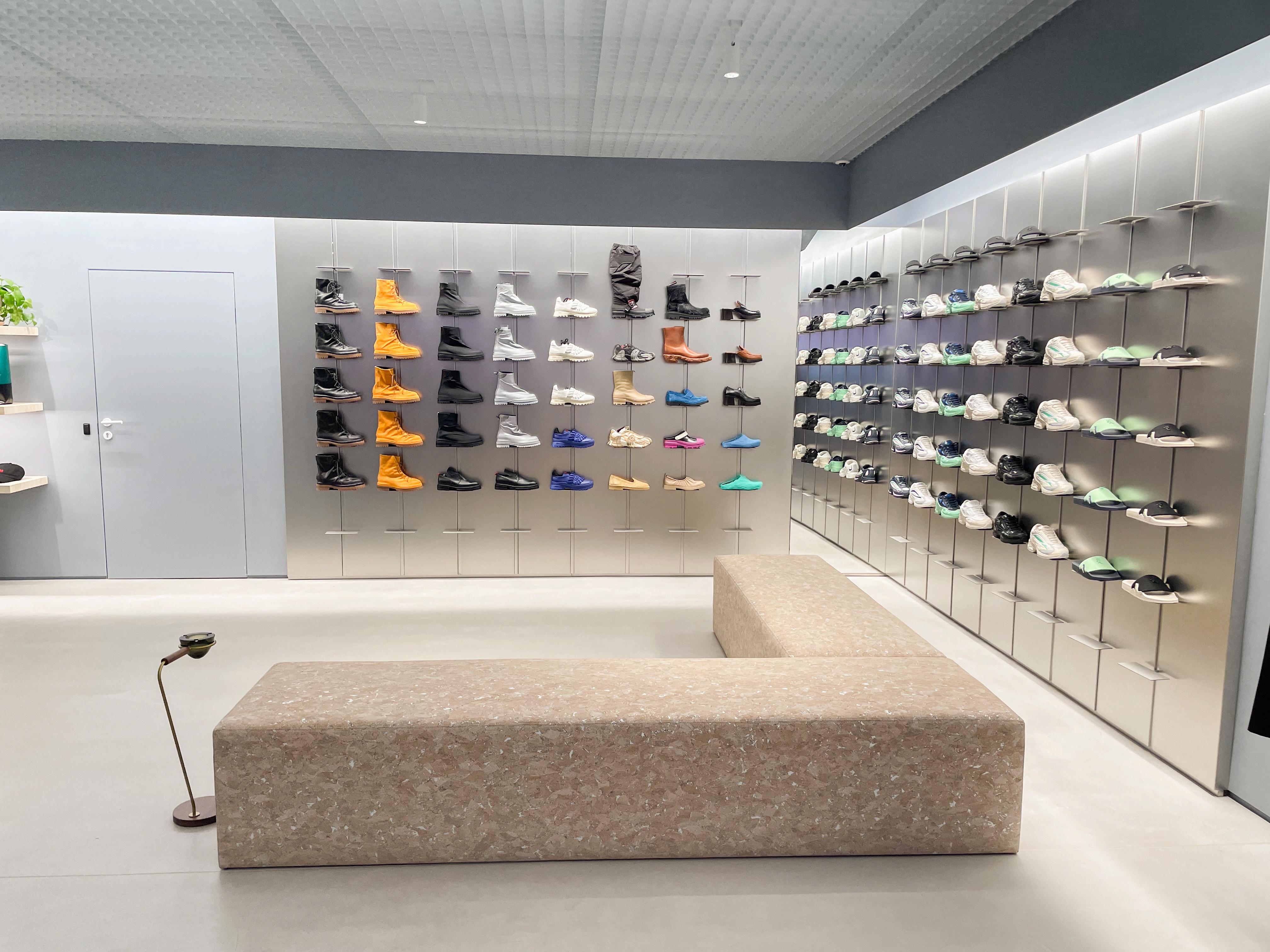


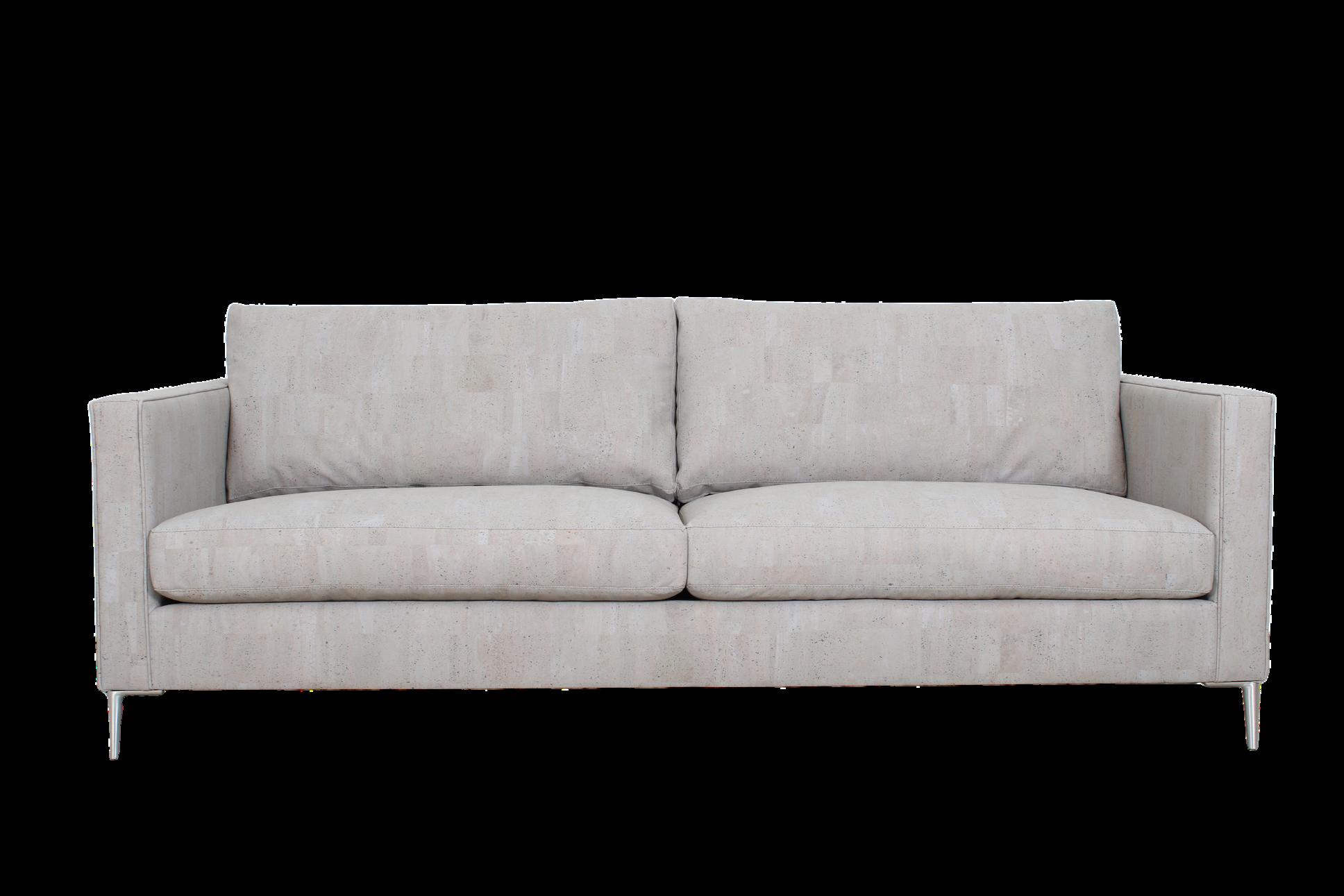
Surface “Grey”

Surface “Denim” Glossy Marble “Natural” Natural “Natural”
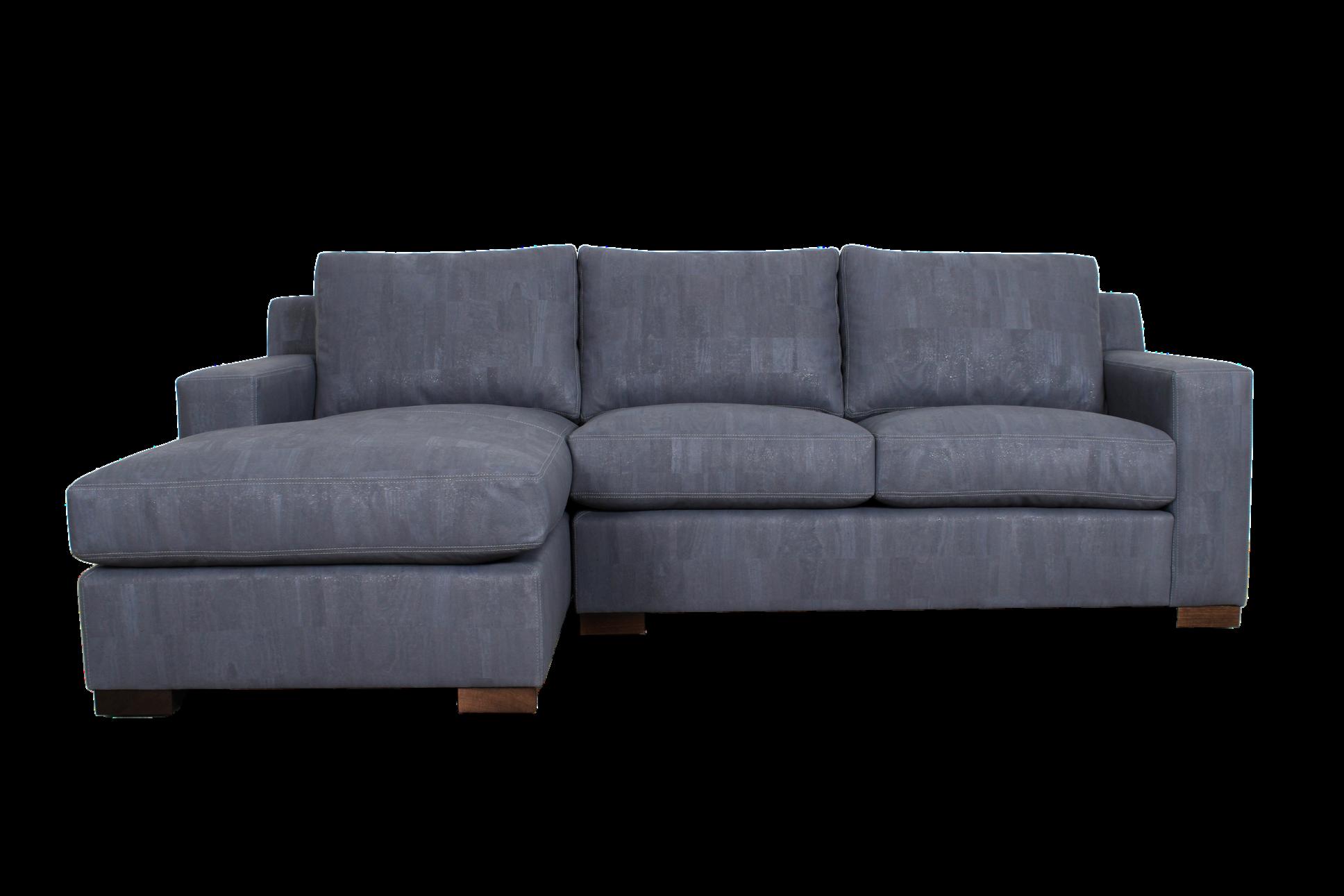
Surface “Charcoal Grey”

Surface “Blue w/ silver”


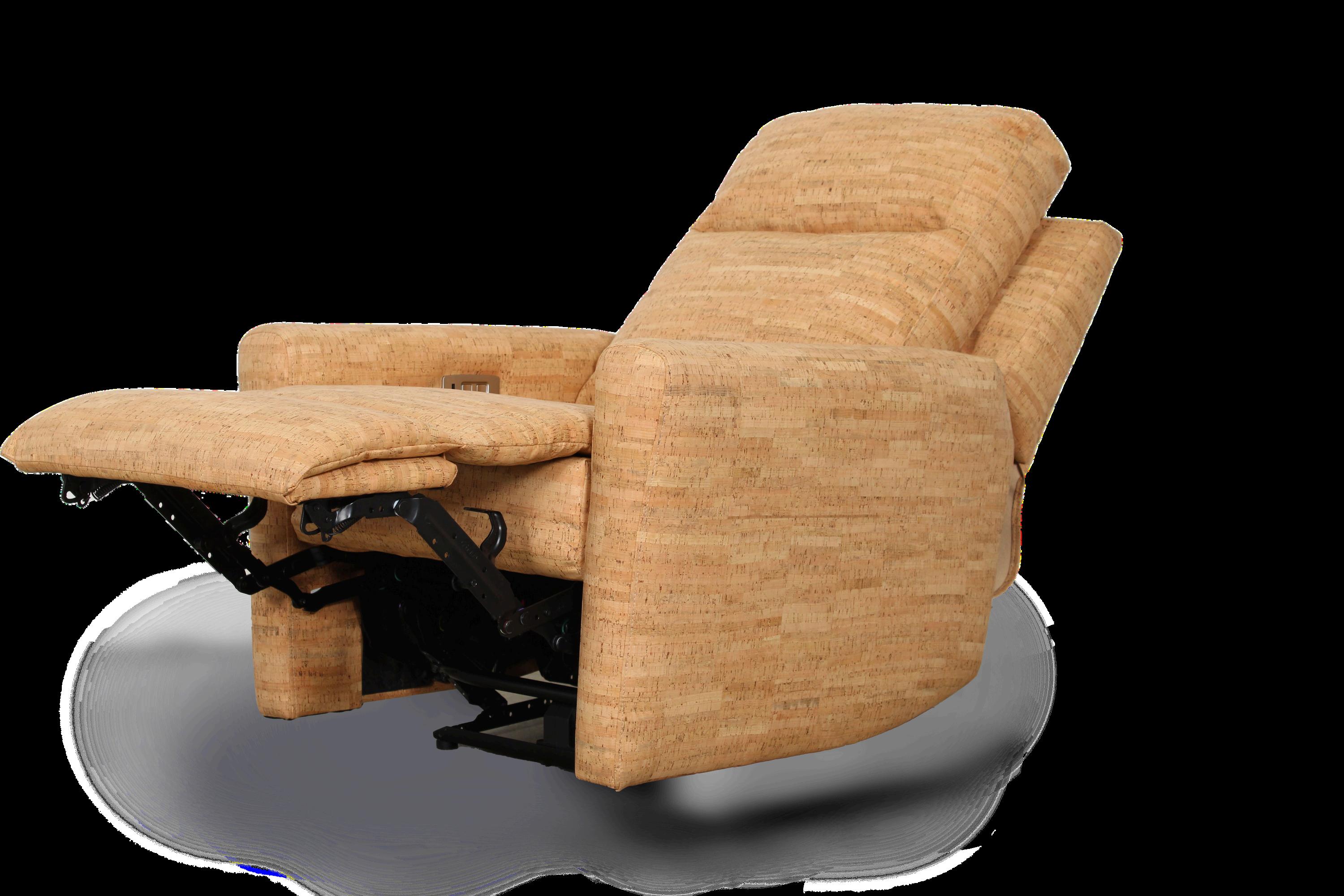

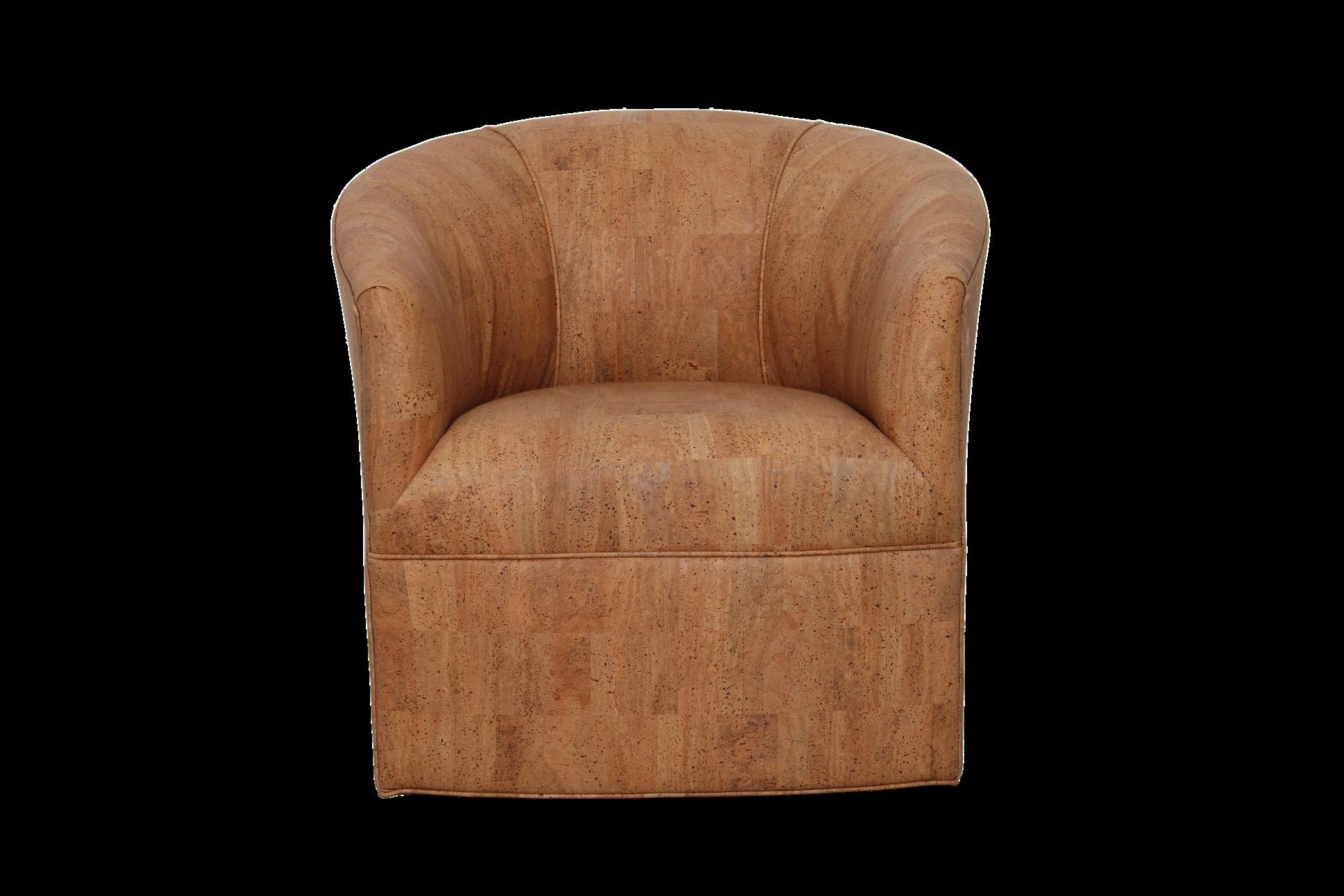

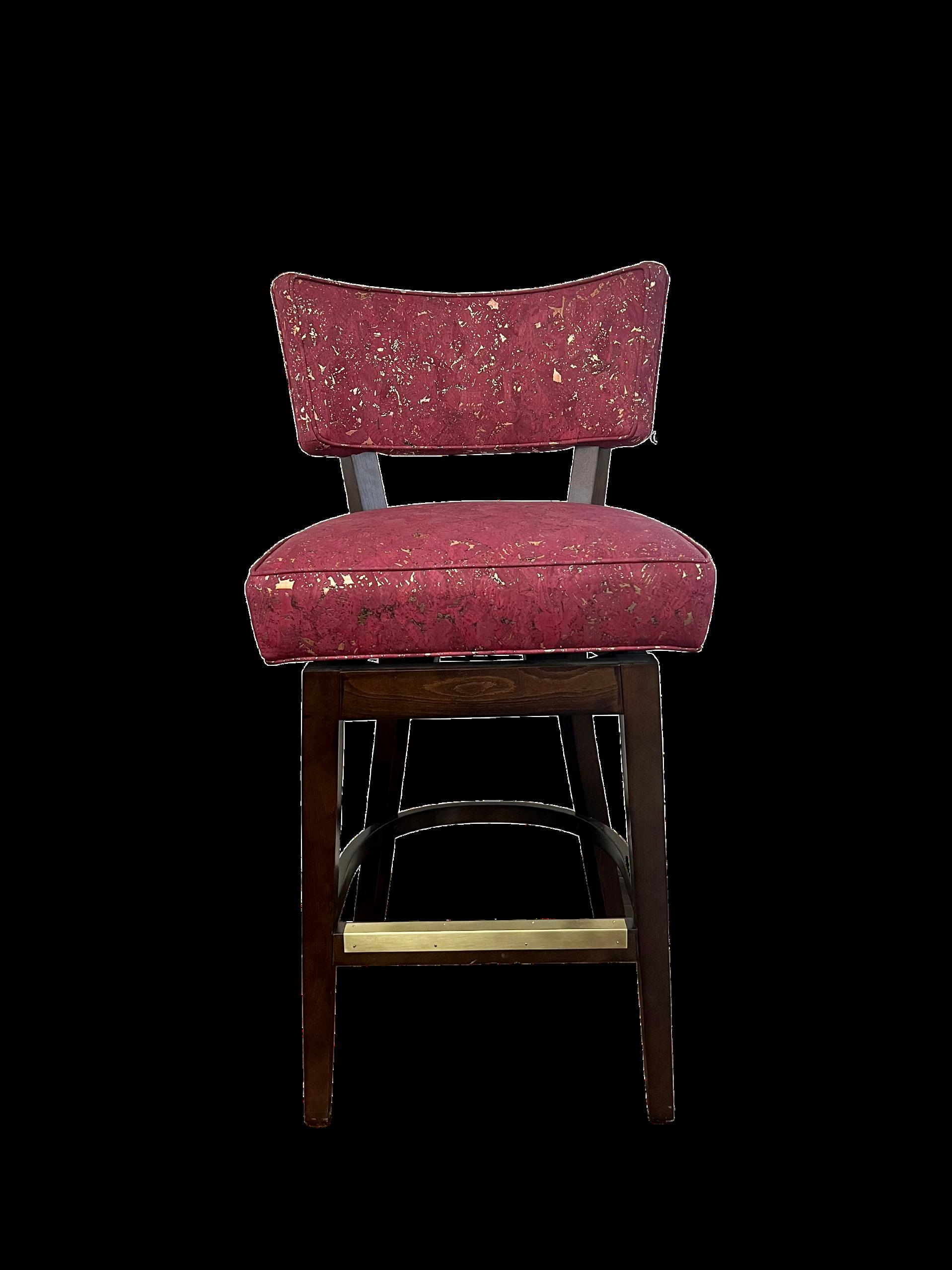
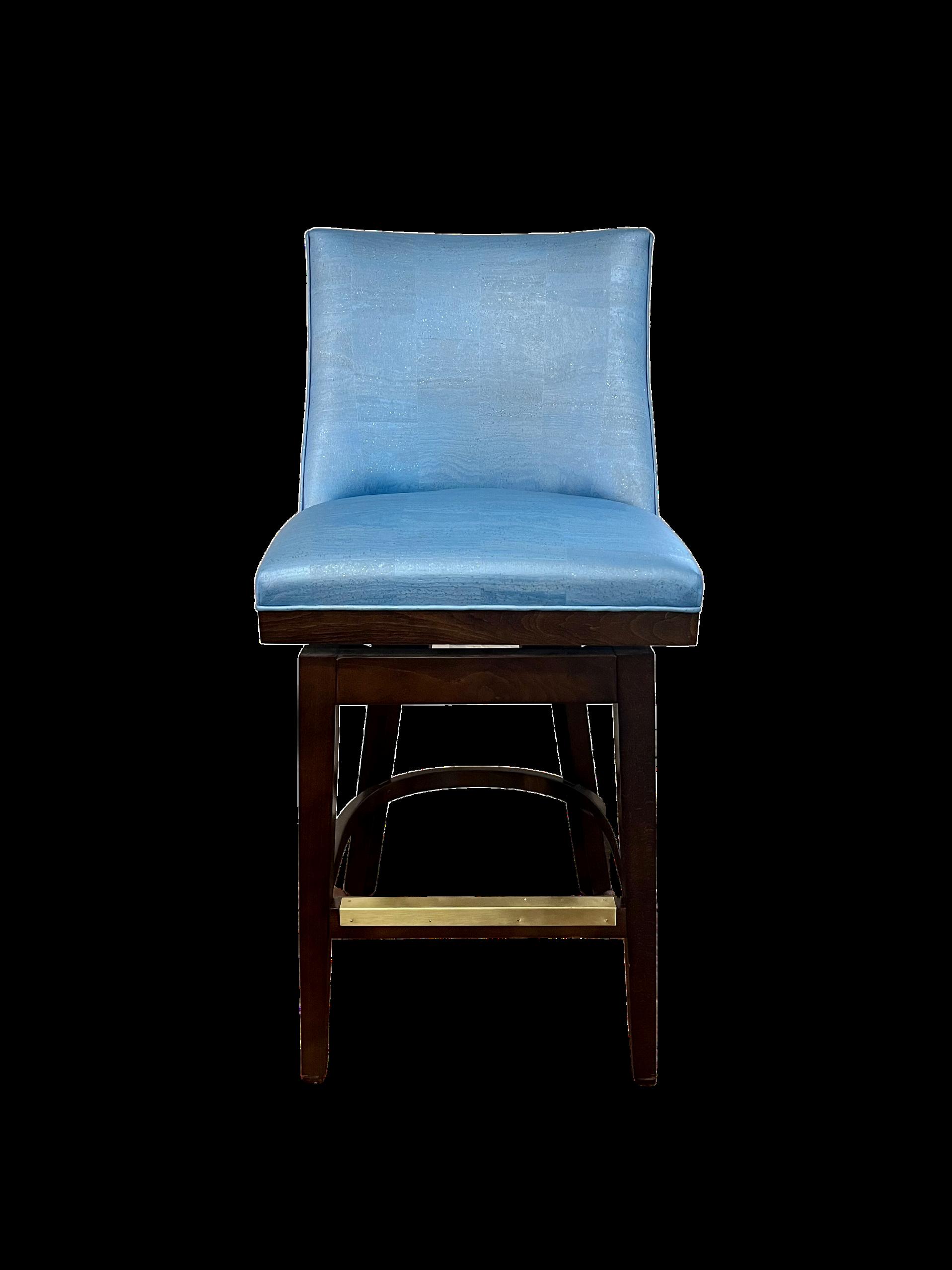
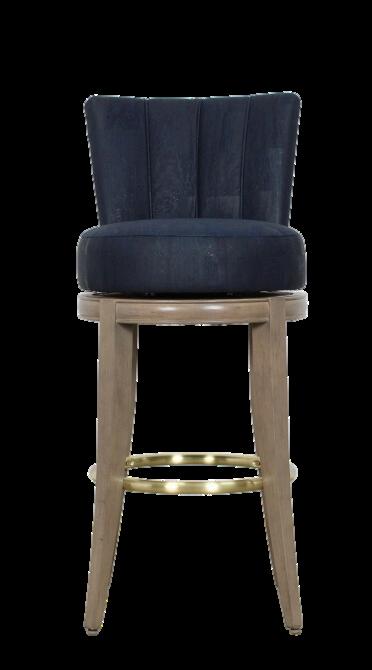 Surface “White”
Surface Pearl “Blue”
Glossy Marble “Wine”
Surface “White”
Surface Pearl “Blue”
Glossy Marble “Wine”

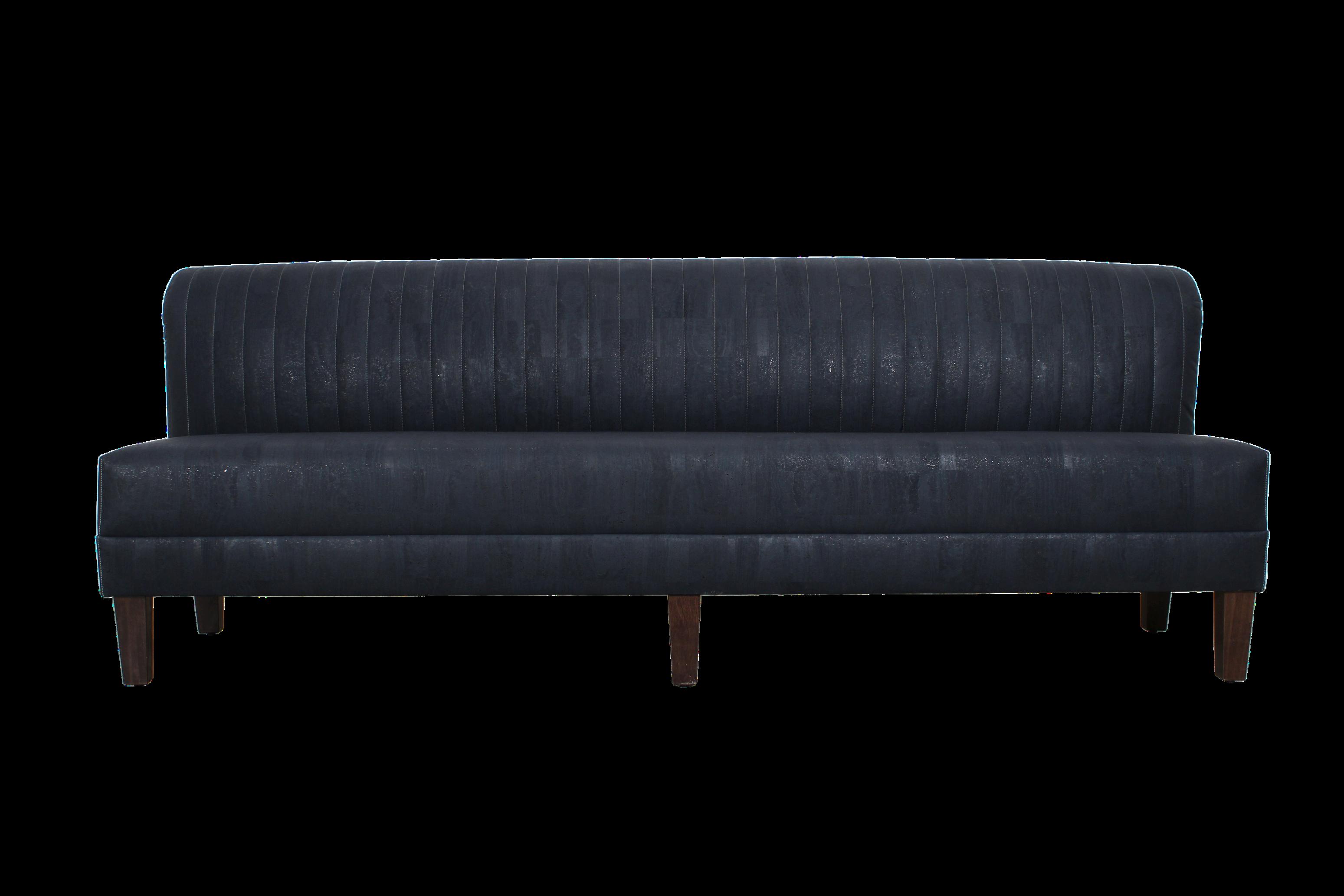
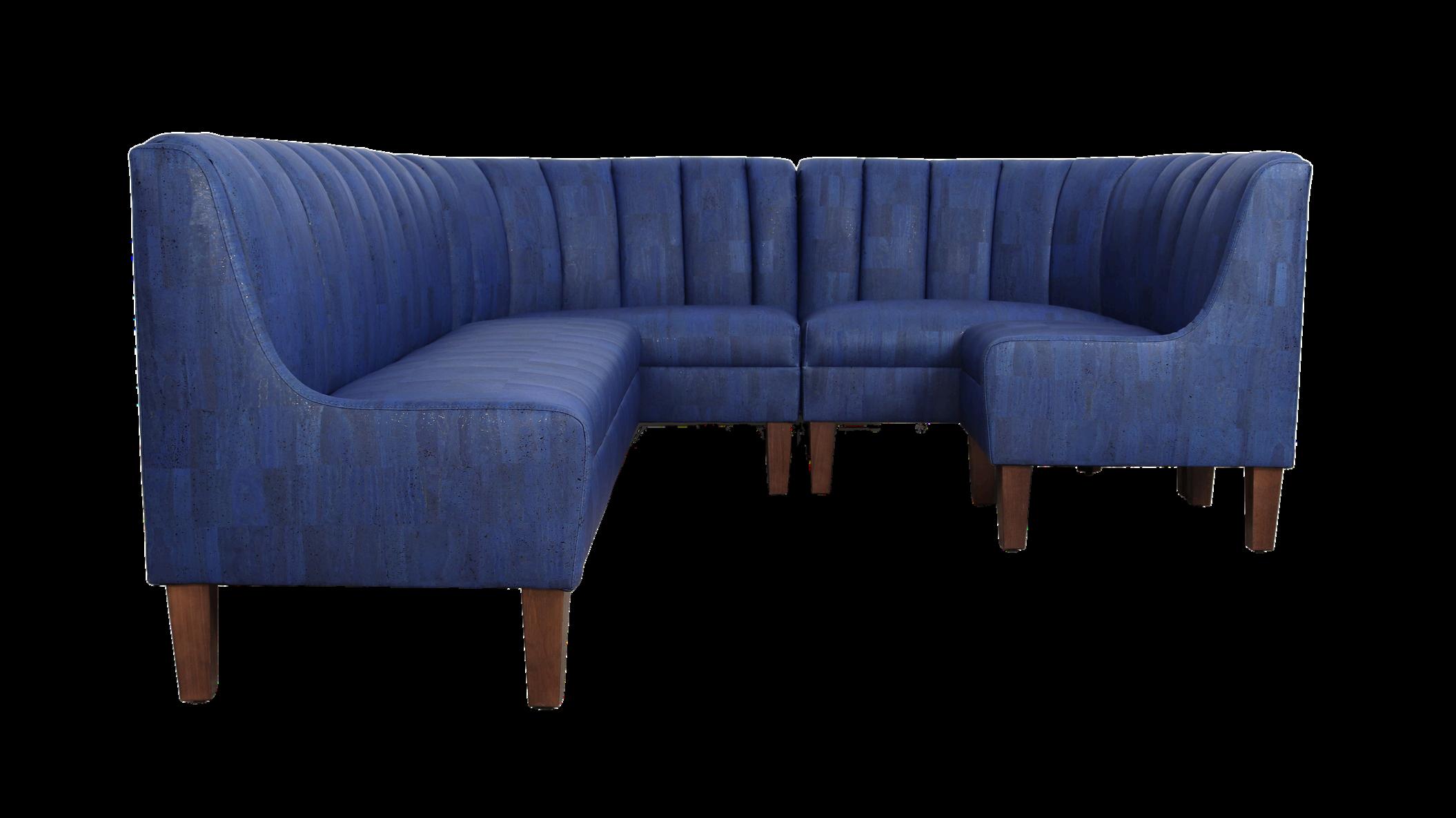

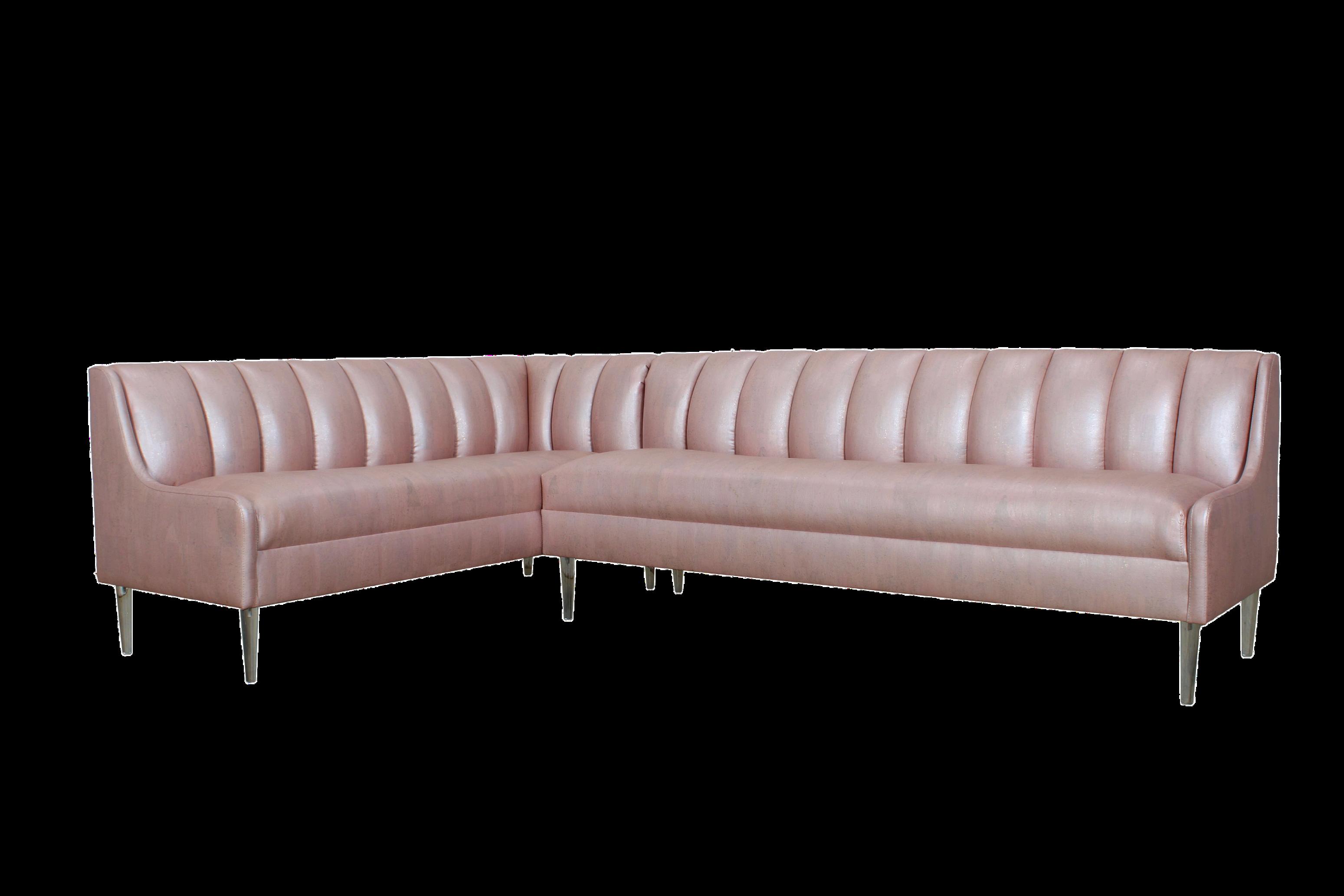 Surface “Demin Blue”
Surface “Navy Blue”
Surface “Demin Blue”
Surface “Navy Blue”

Surface Pearl “Rose Gold”

Glossy Marble “Cream w/ Silver”

Surface “Blue w/ Silver”

Surface “White”

Emerald w/ Gold

Glossy Marble “Cream w/ Silver”
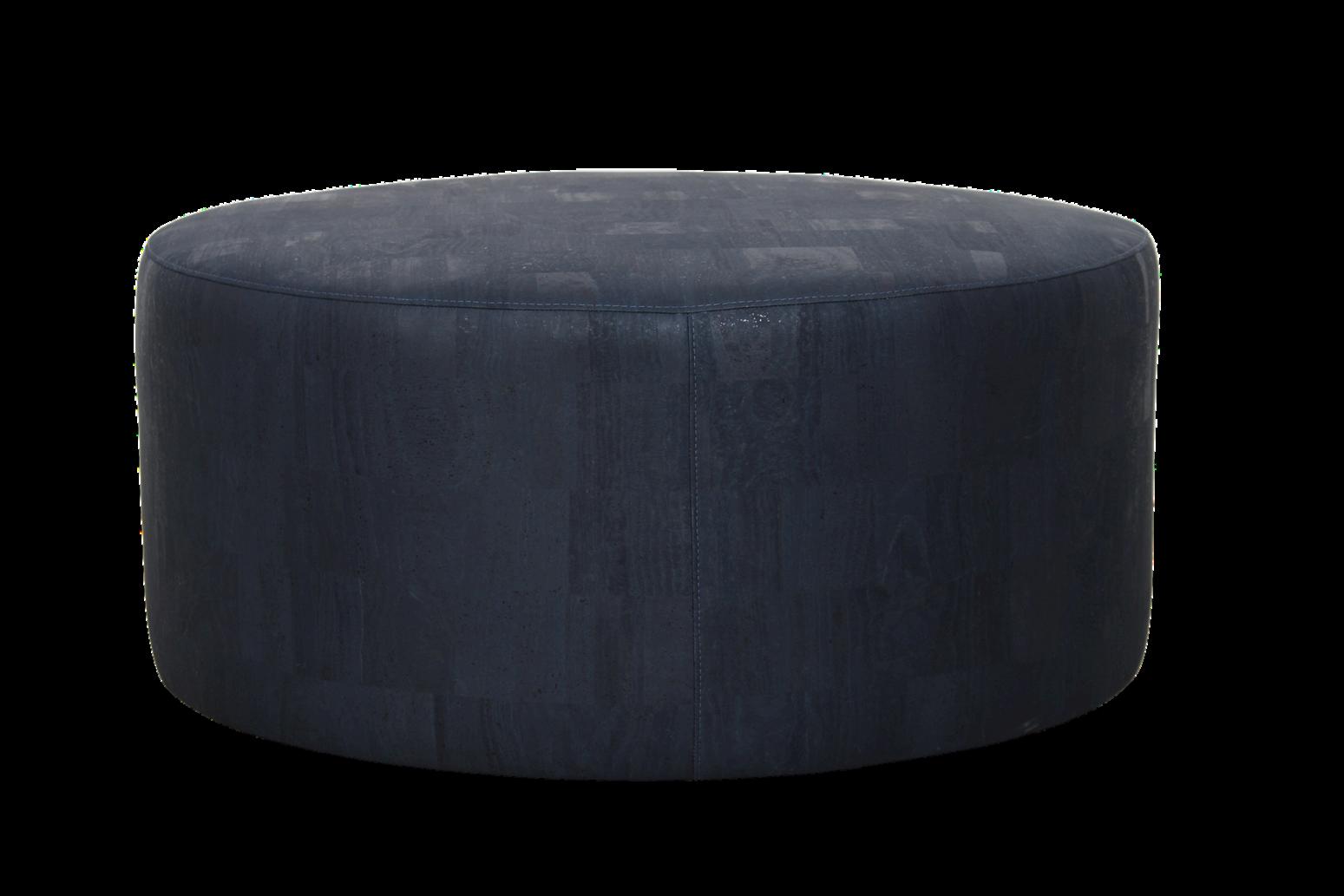
Surface “Navy Blue”
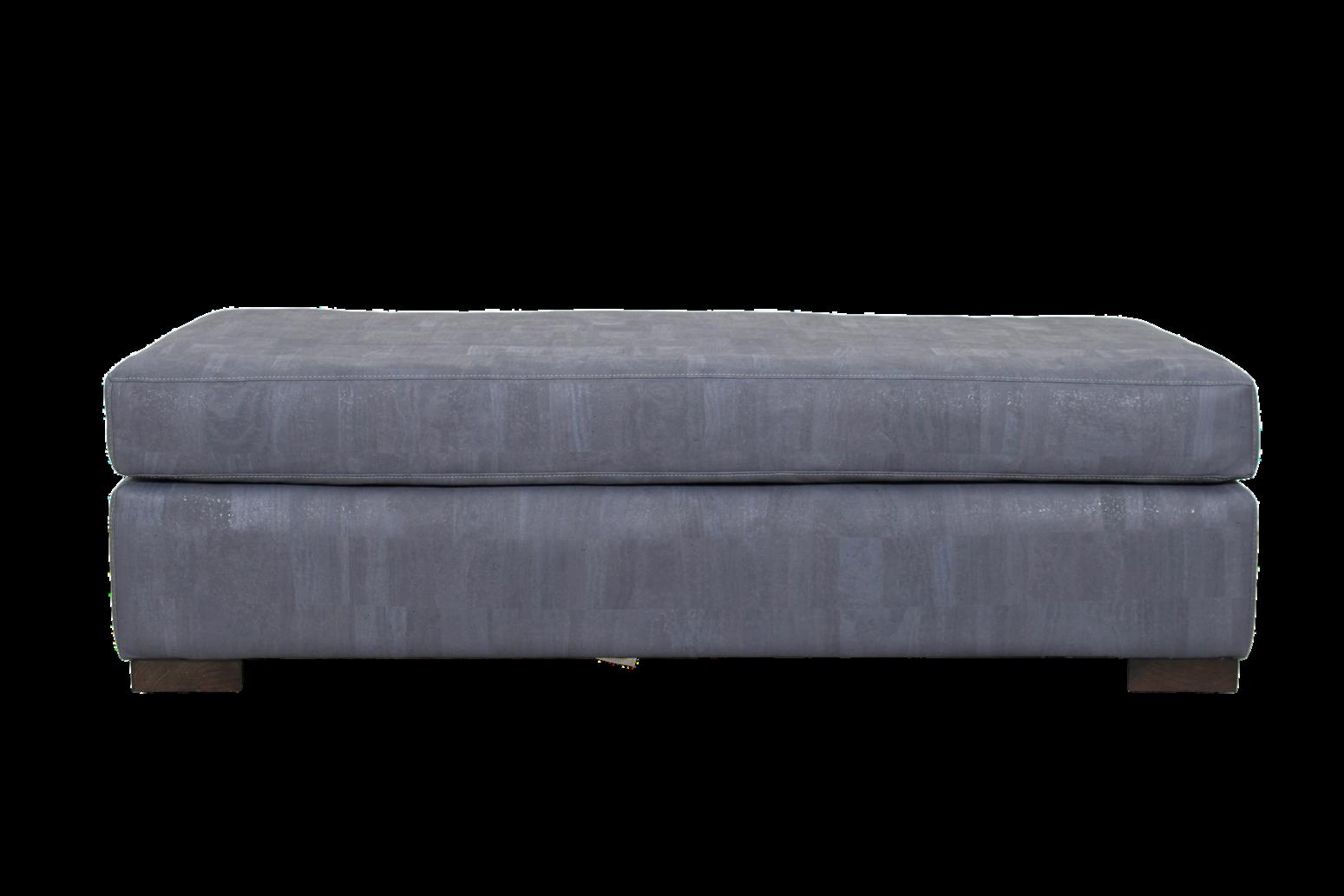
Surface “Charcoal Grey”

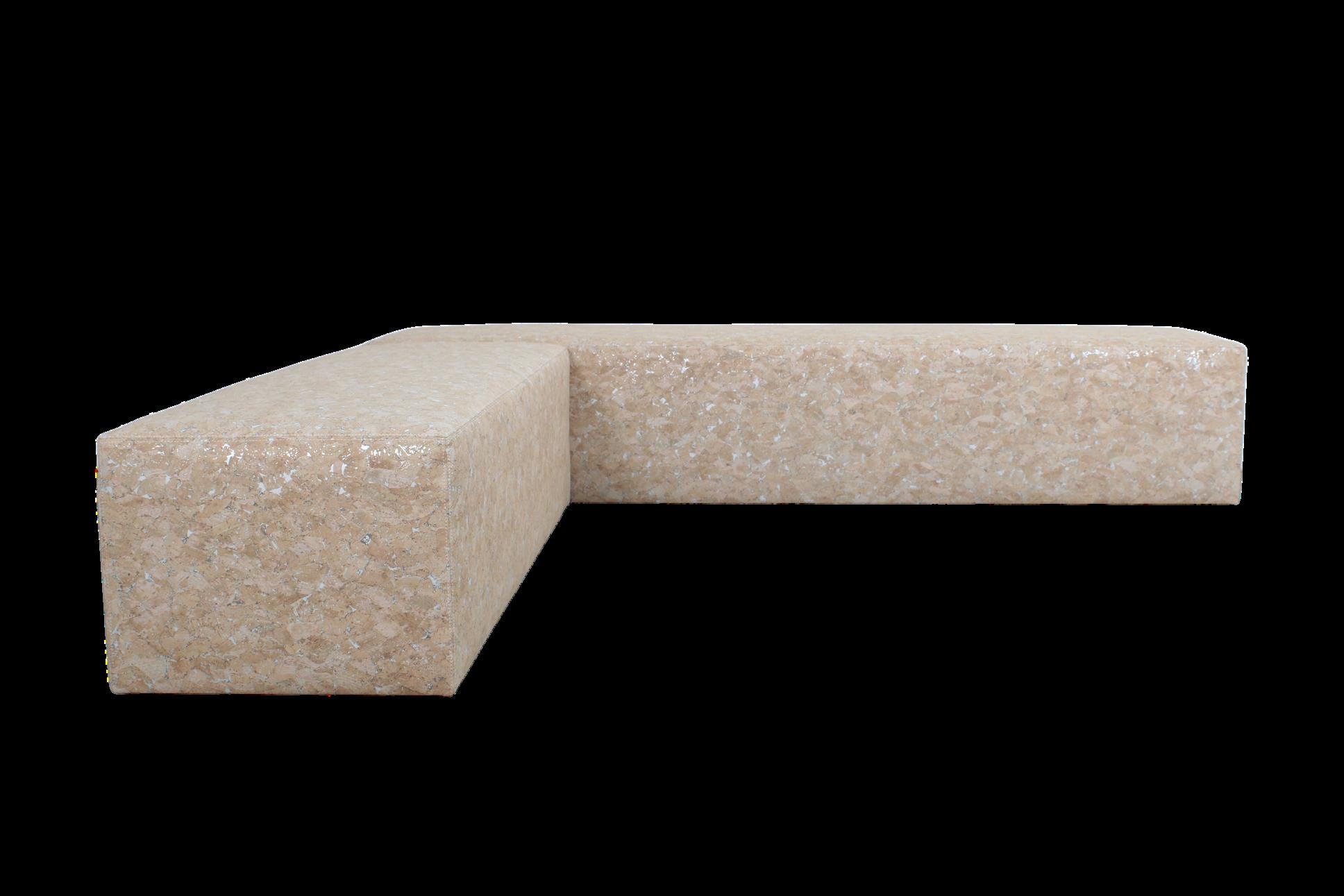

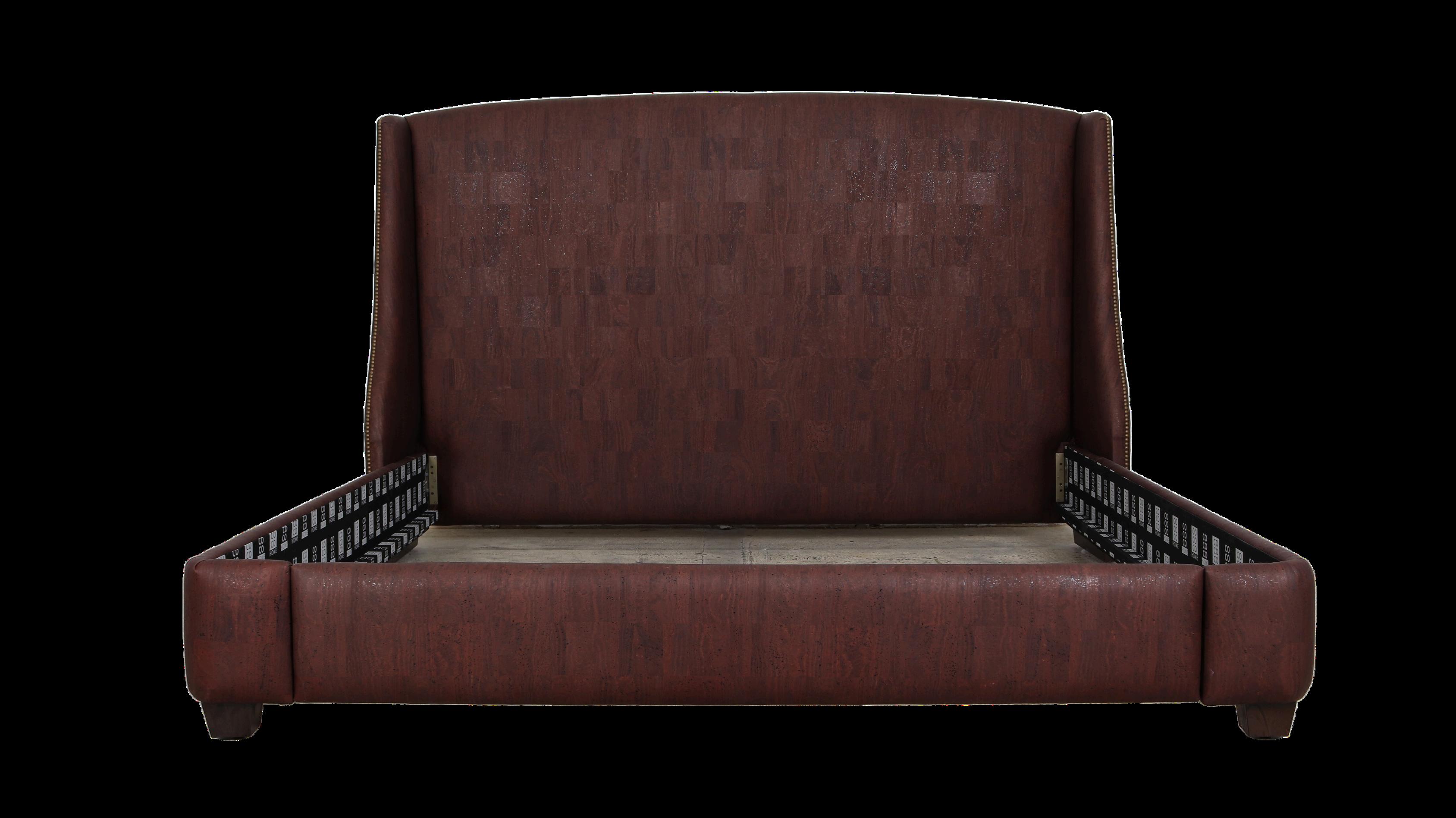
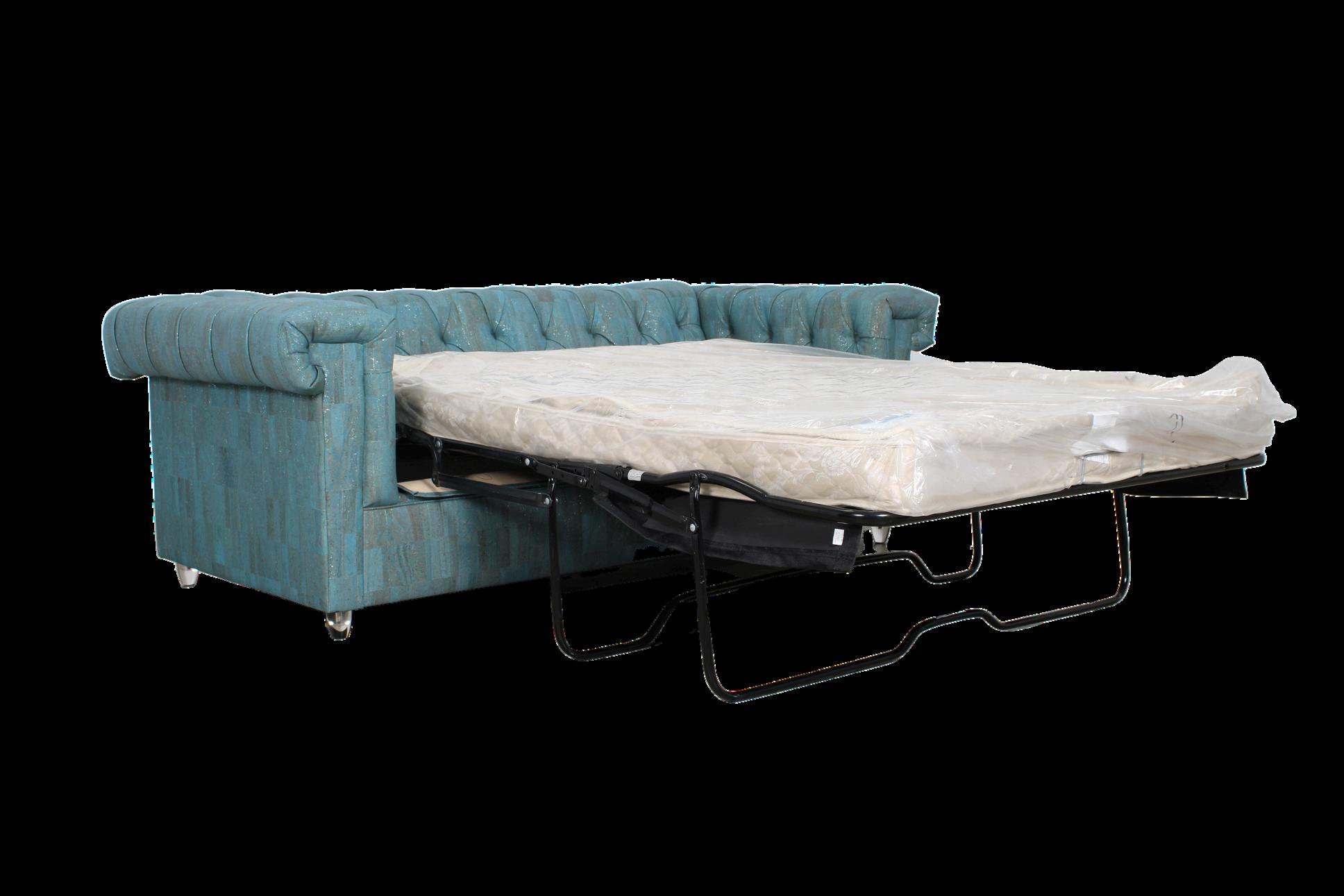

General Specifications
Composition: 100% Cork Surface/ Backing 30% Cotton, 70% Polyester
Weight: 420 (+/- 40) g/m2
Thickness: 0.90 (+/- 0.5) mm
Width: 1400 (+/-50) mm Length: 50 (+/- 5) m
Performance
Abrasion: 120,000+ cycles Martindale/ ISO 5470-2
100,000 cycles Wyzenbeek/ astm d4157-13 (2022)
Tear Strength; 1.8 / 2.0 kg / ISO 17696:2004
Tensile Strength: 60 / 50 kg/cm / ISO 17706:2003
Breaking Strength: 20 / 15% / ISO 17706:2003
Water Permeability: 0% / IS0 17702: 2003
Colorfastness
UV Resistance: 3 (Blue Scale) / ISO105-B02:1999
Crocking Dry: ISO 17700:2004
Crocking Wet: ISO 4 / ISO 3 / ISO 4920:1981
AATCC TM 16.3, opt 3. 2023: rating 4
Flammability
Cigarette: Pass /BS5852:2006
Cal-117: Pass
ASTM E84: Class A
